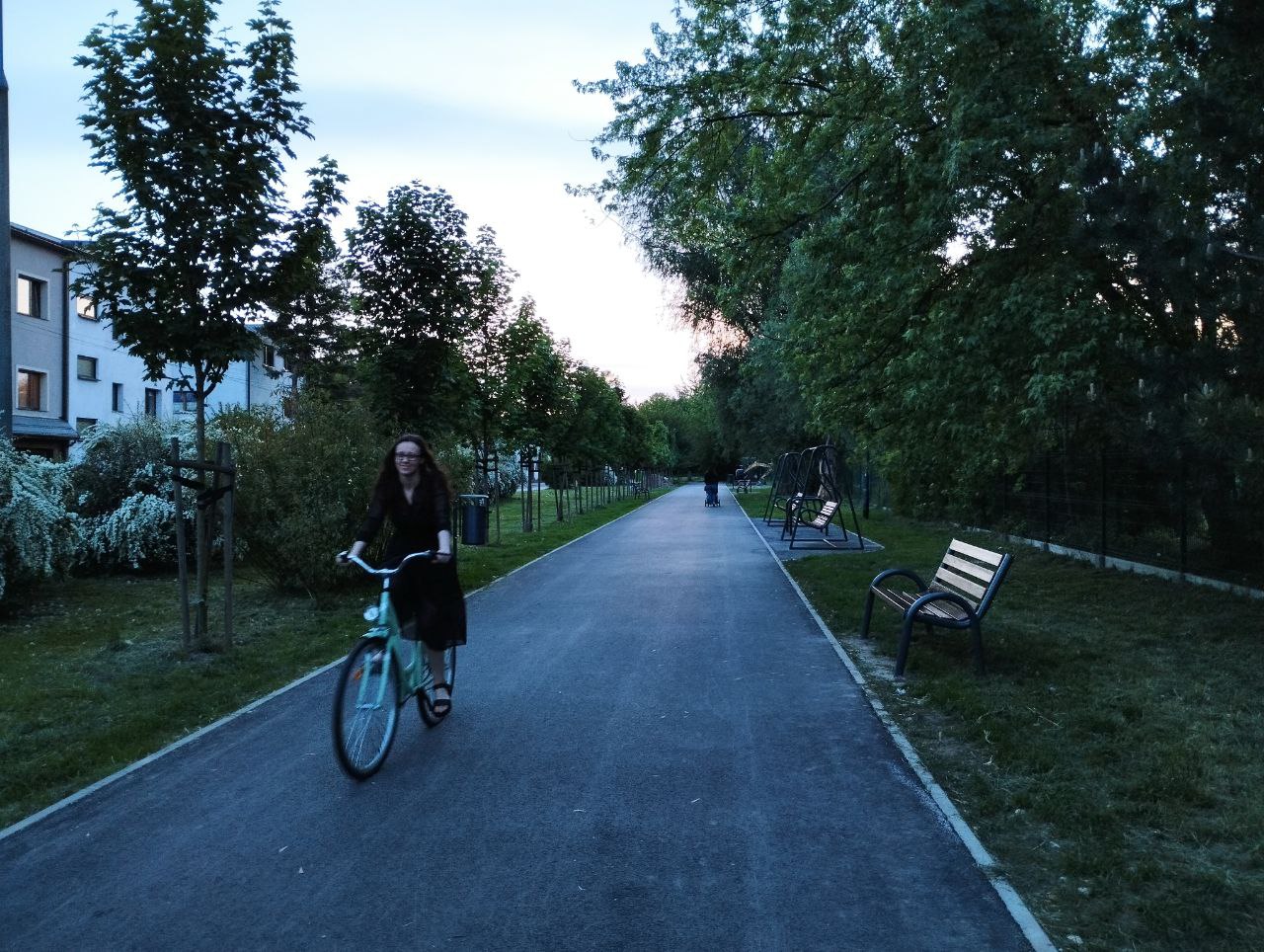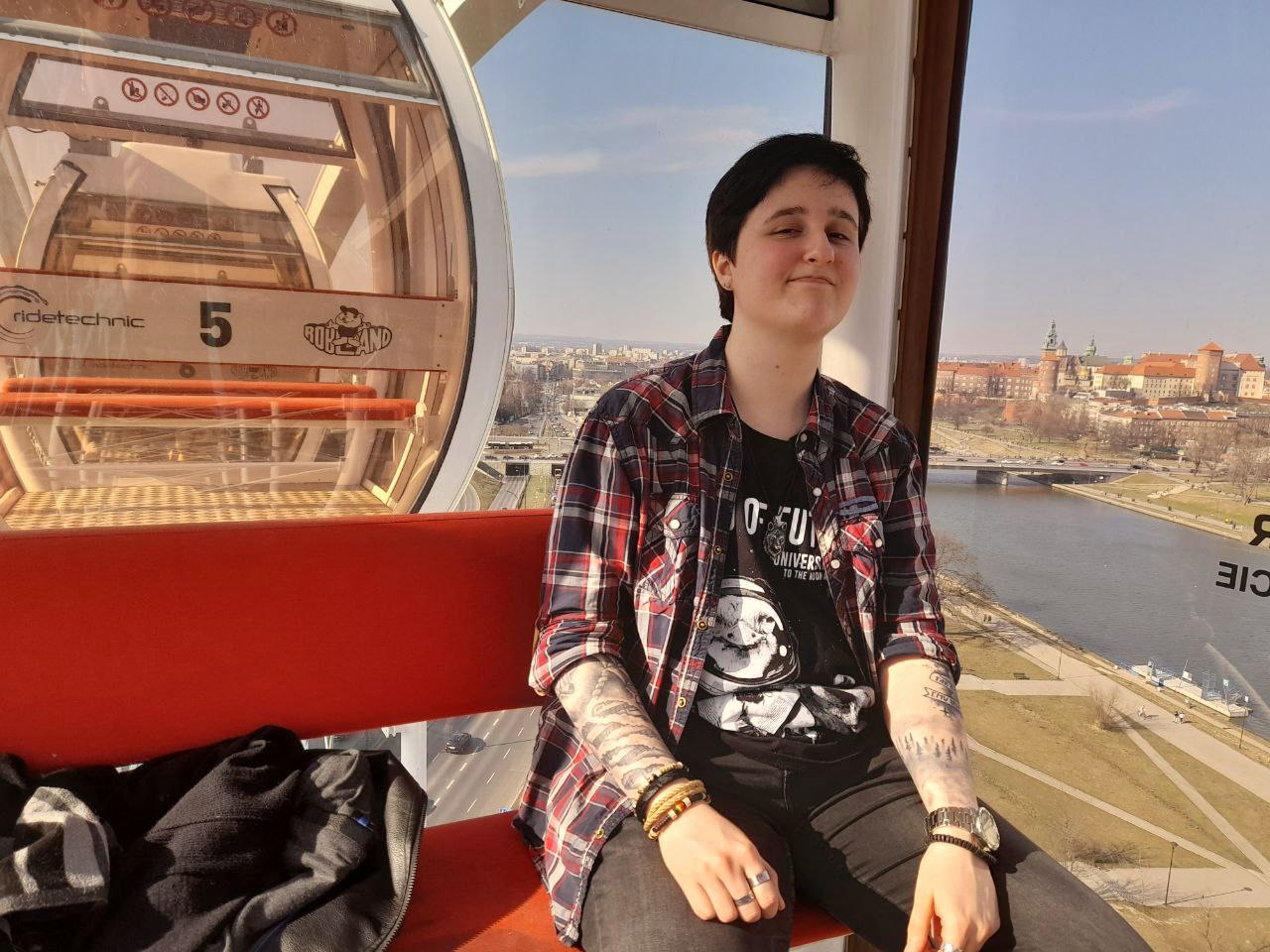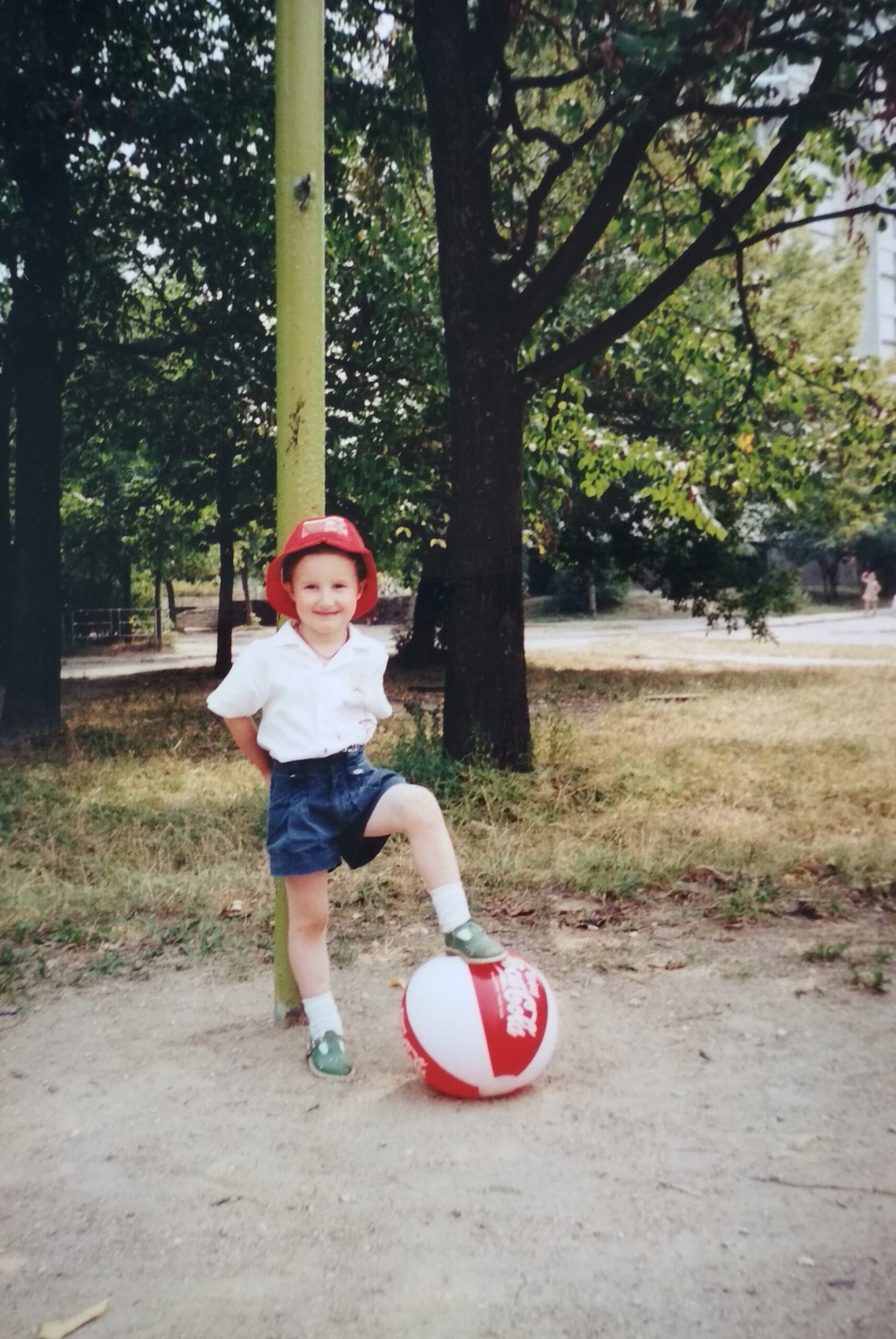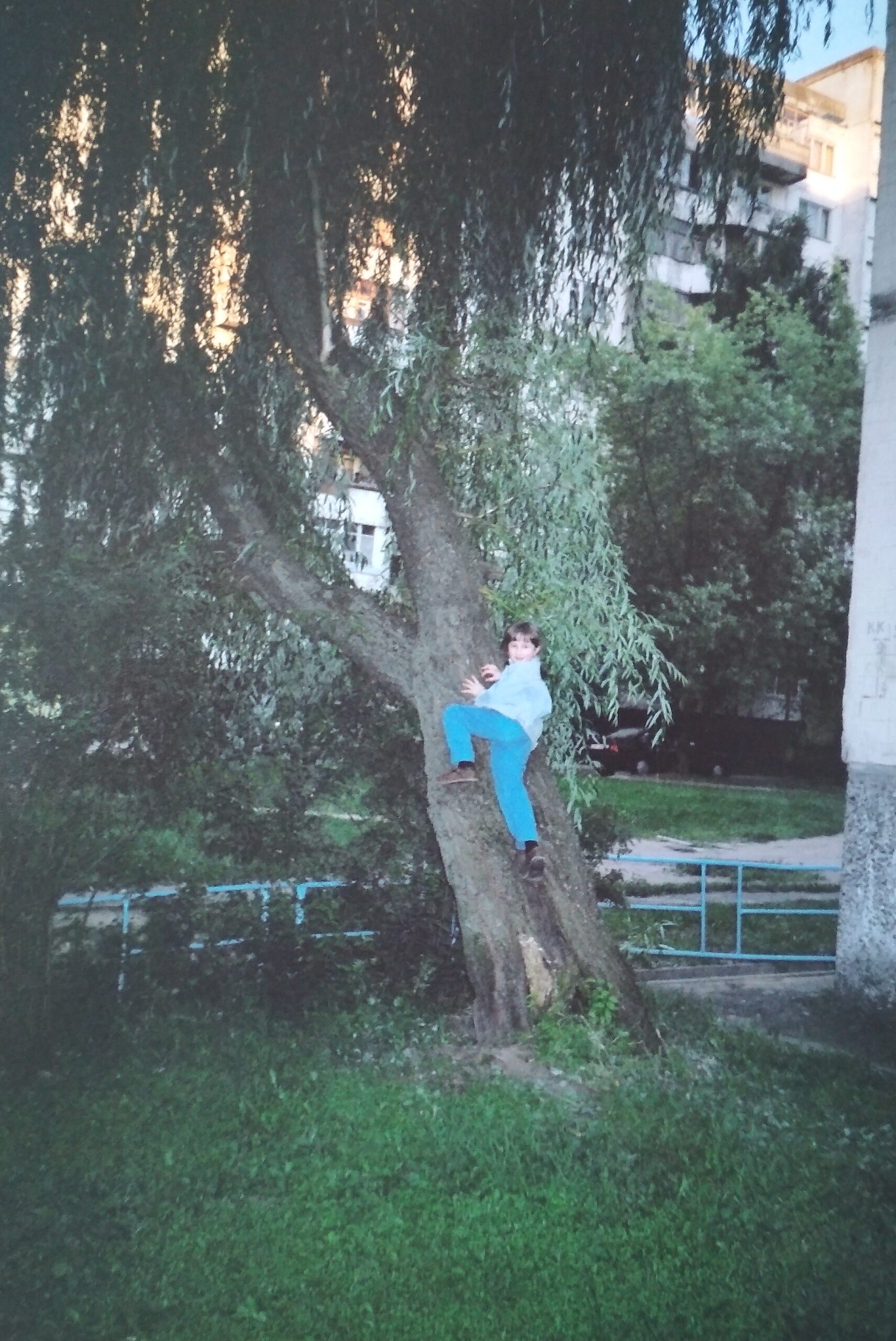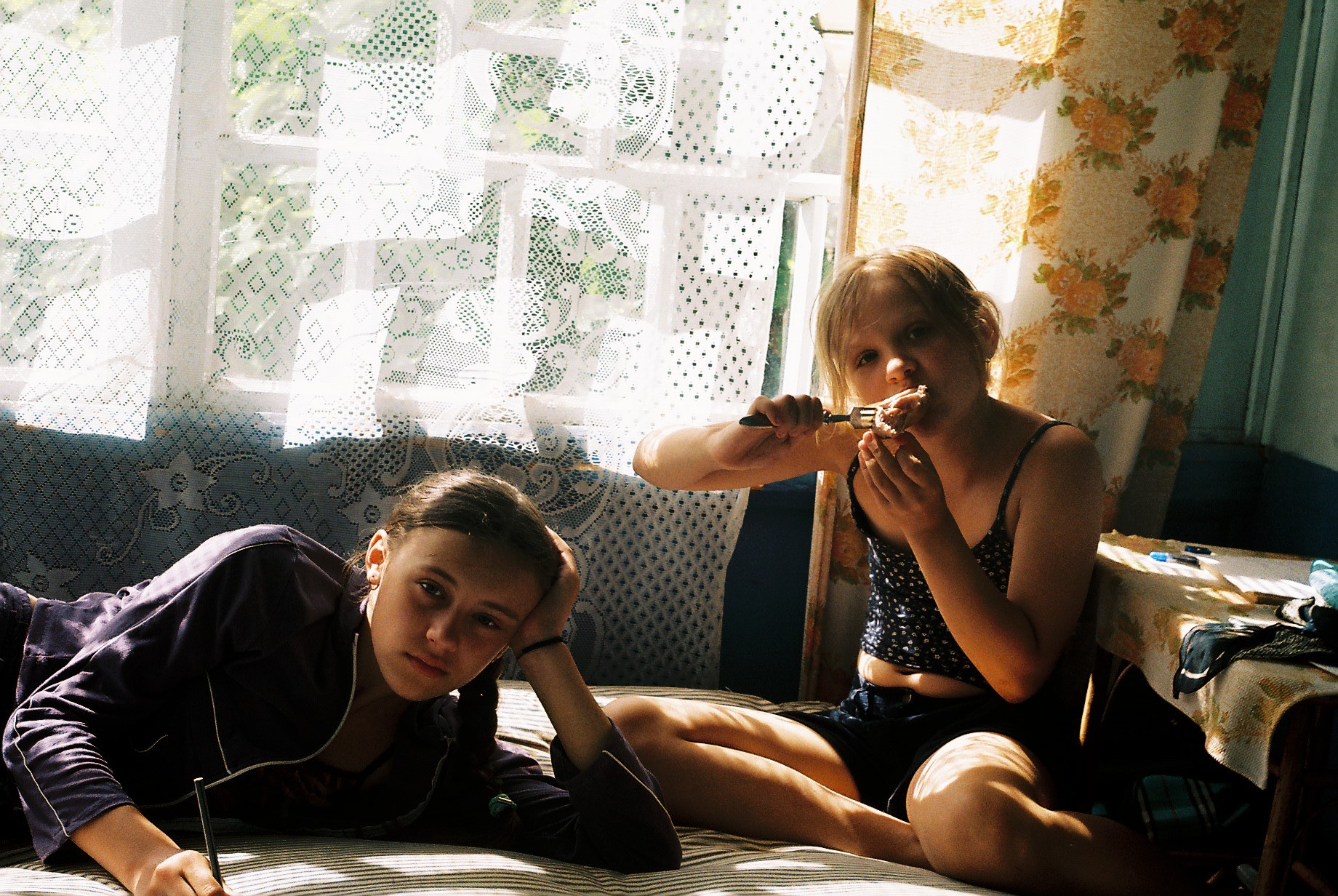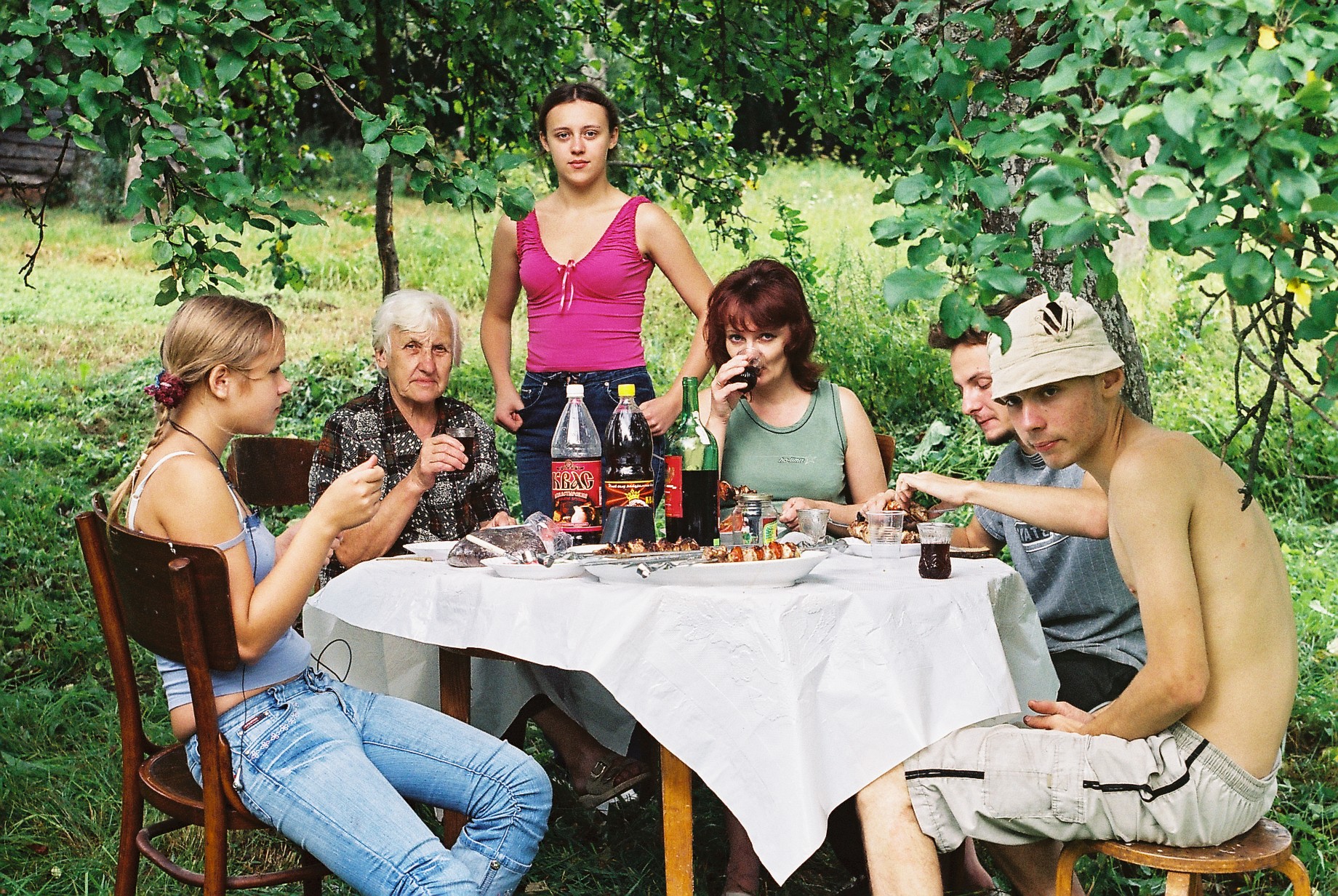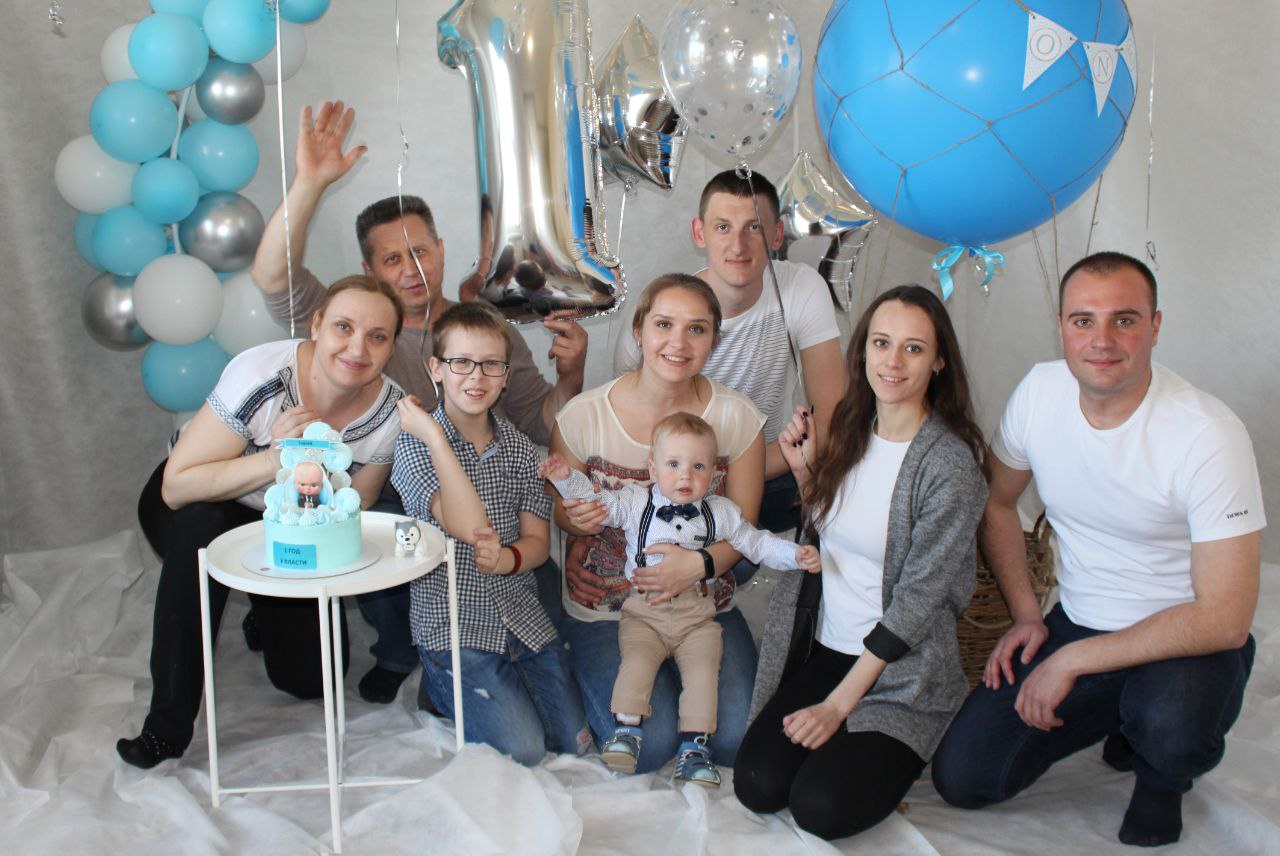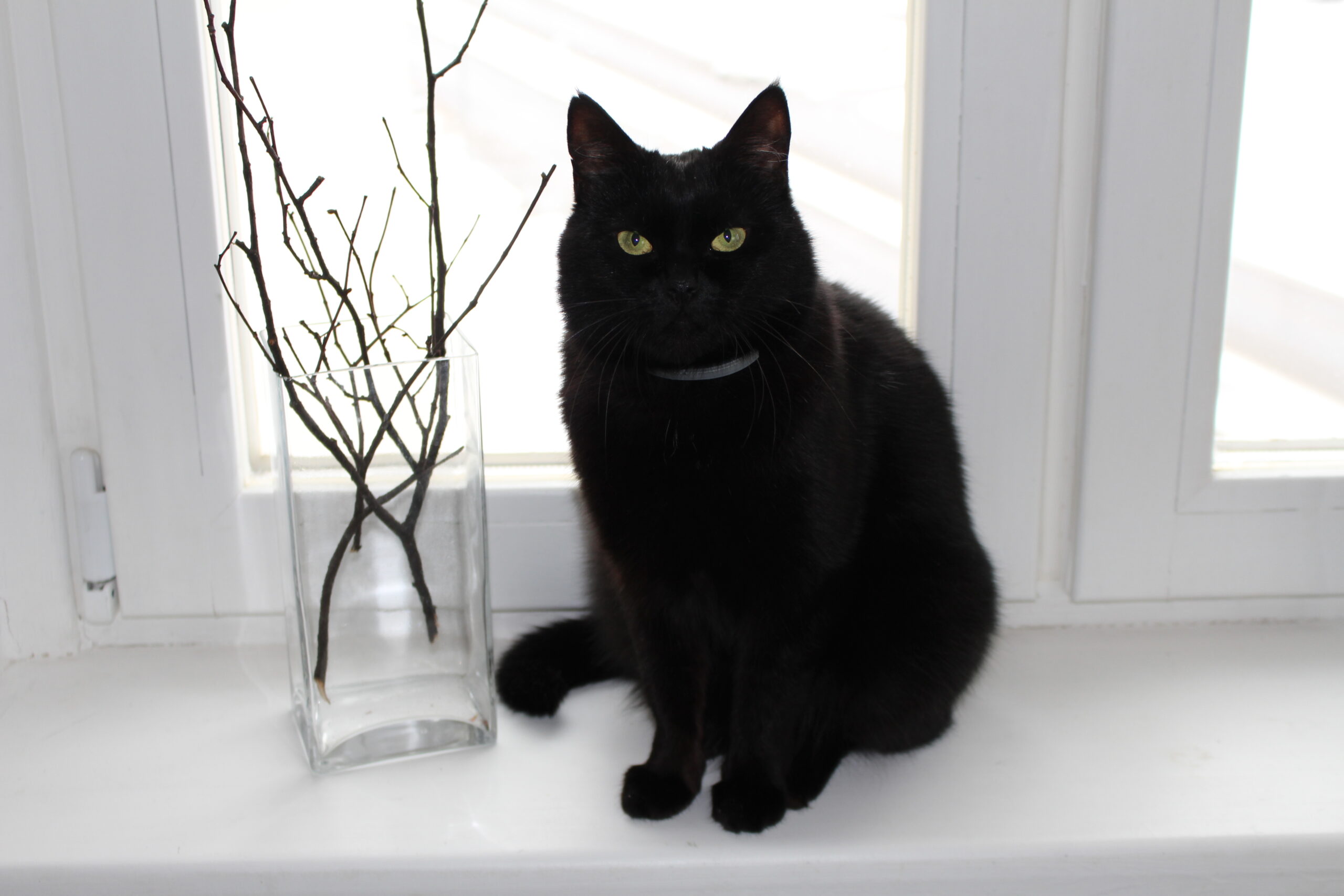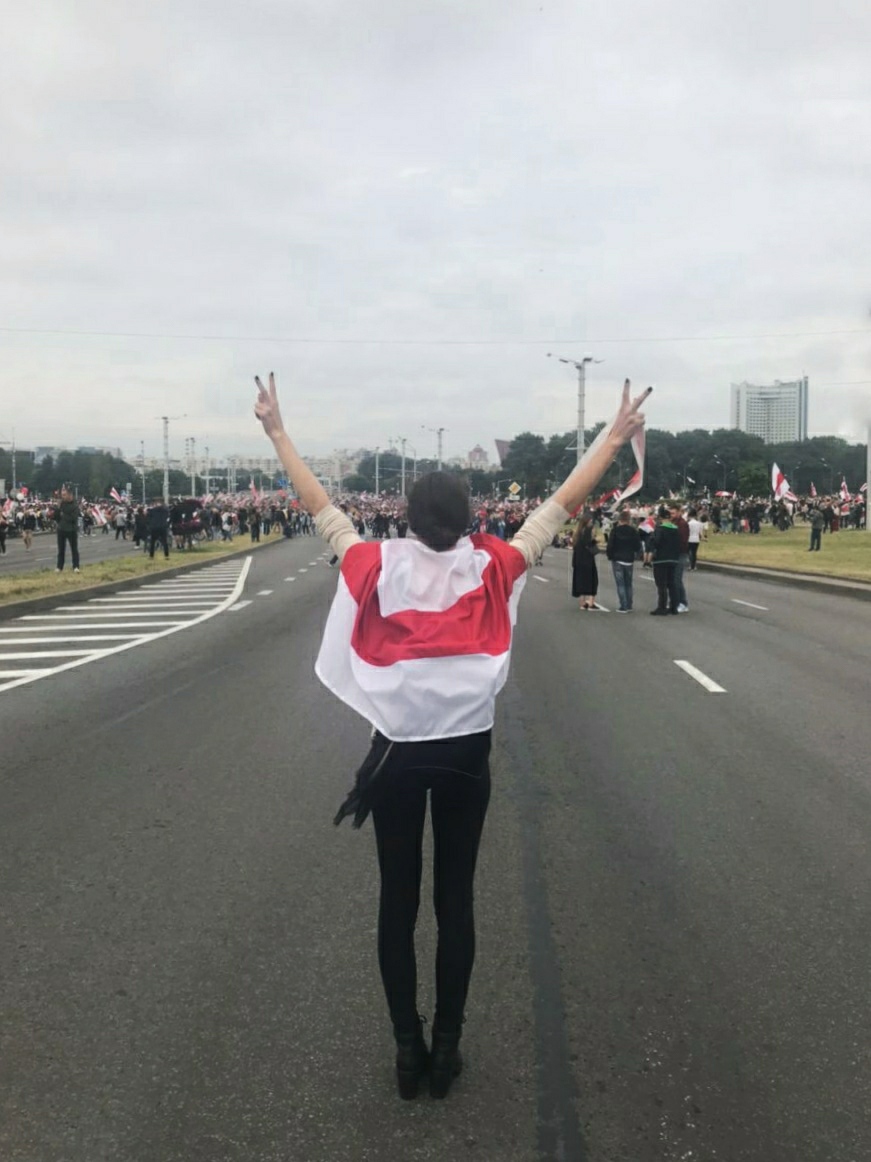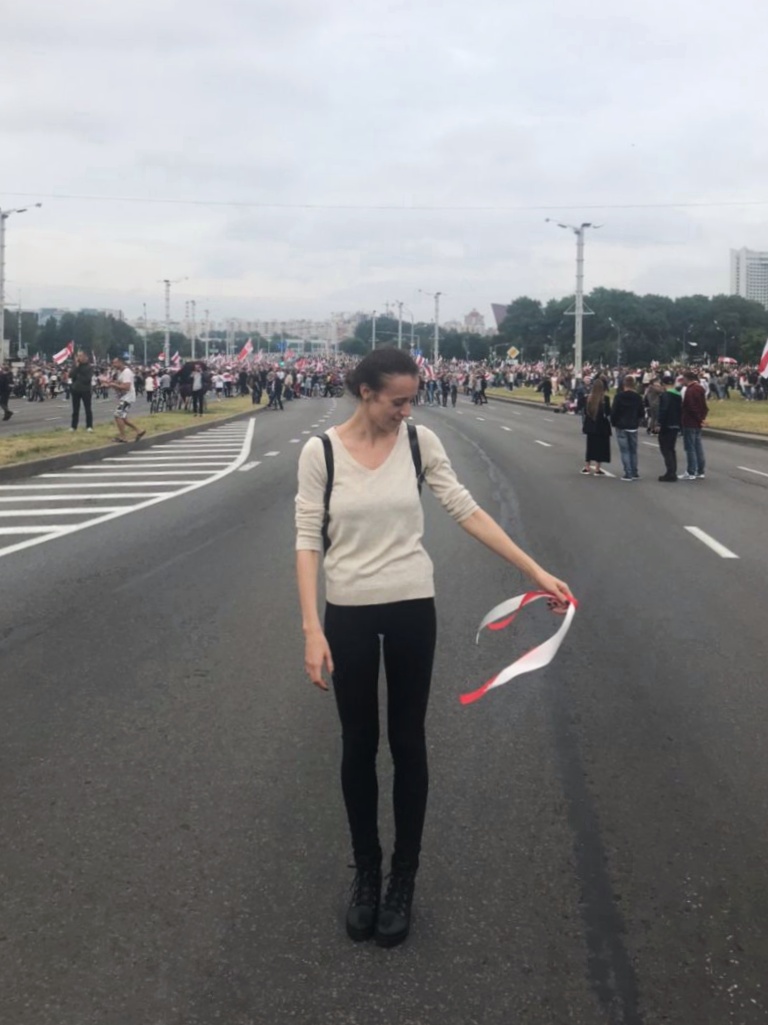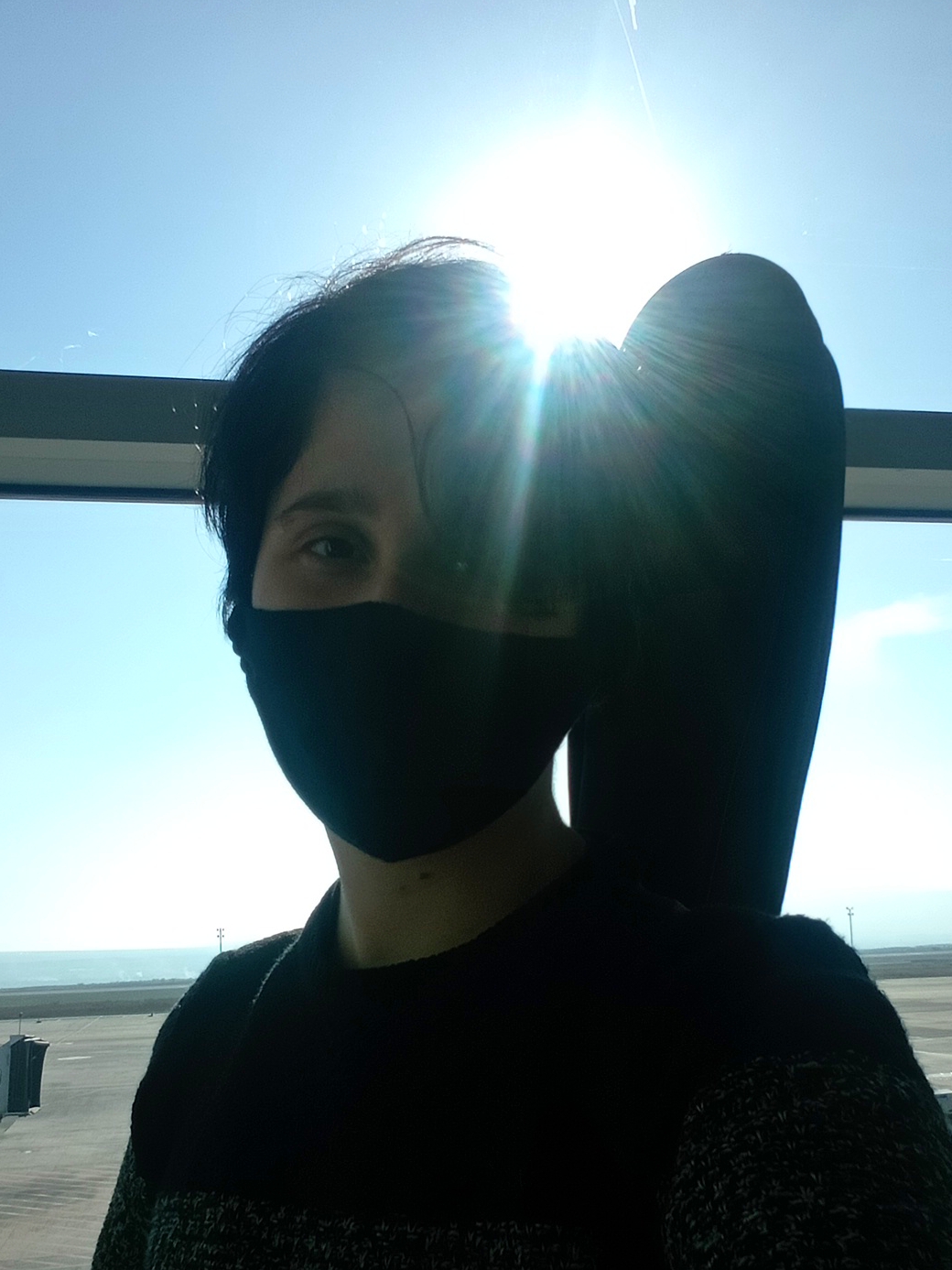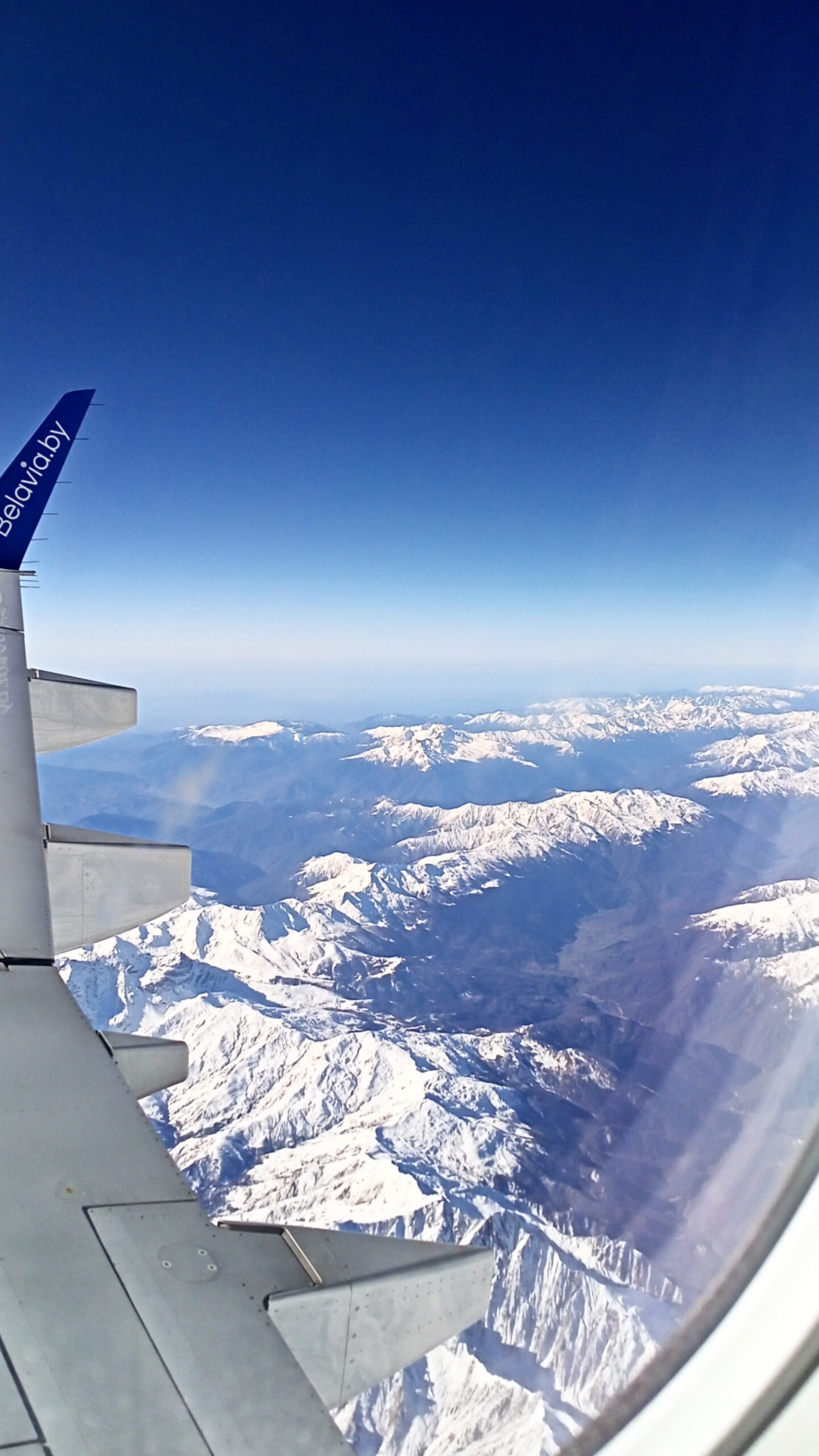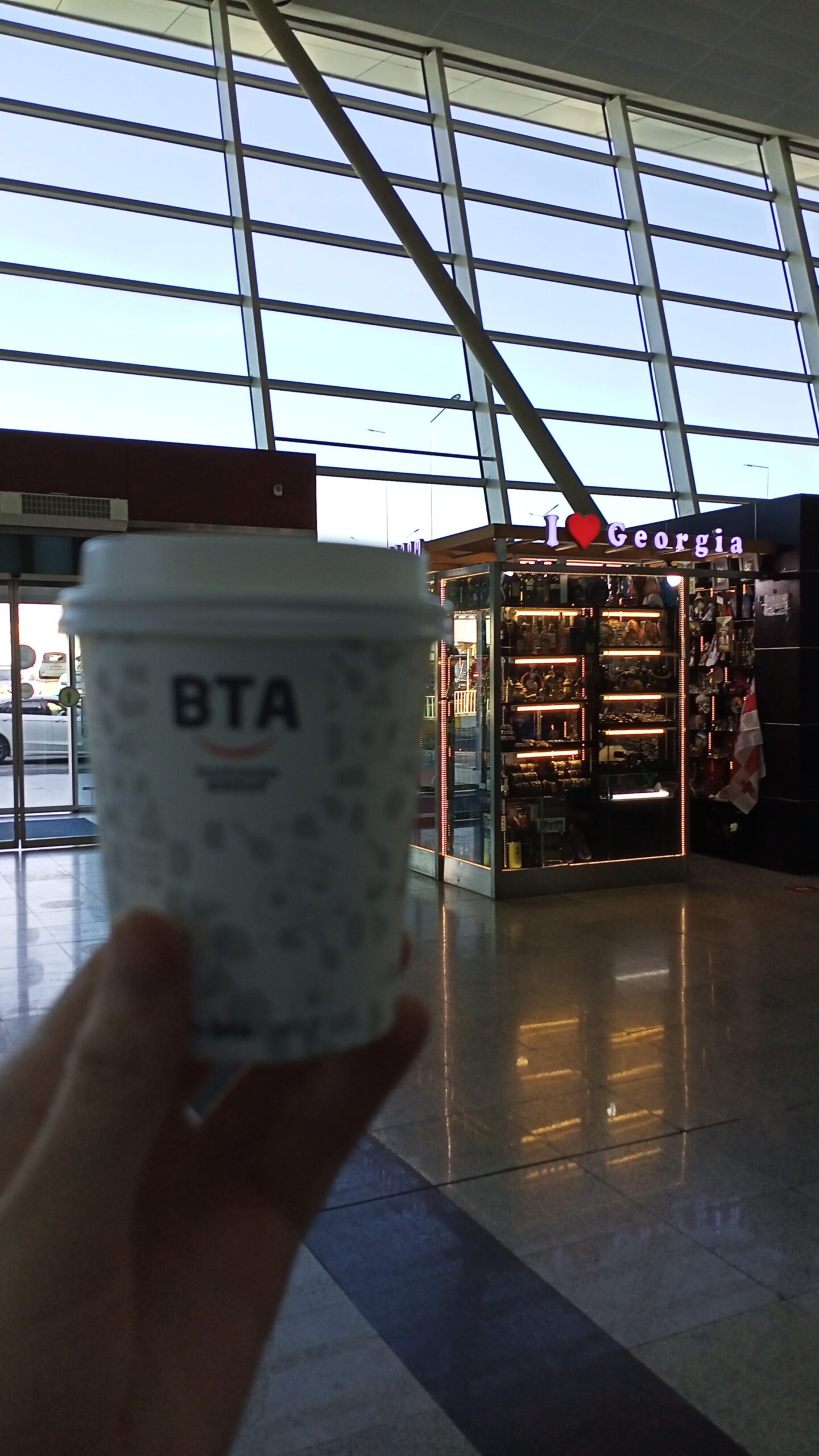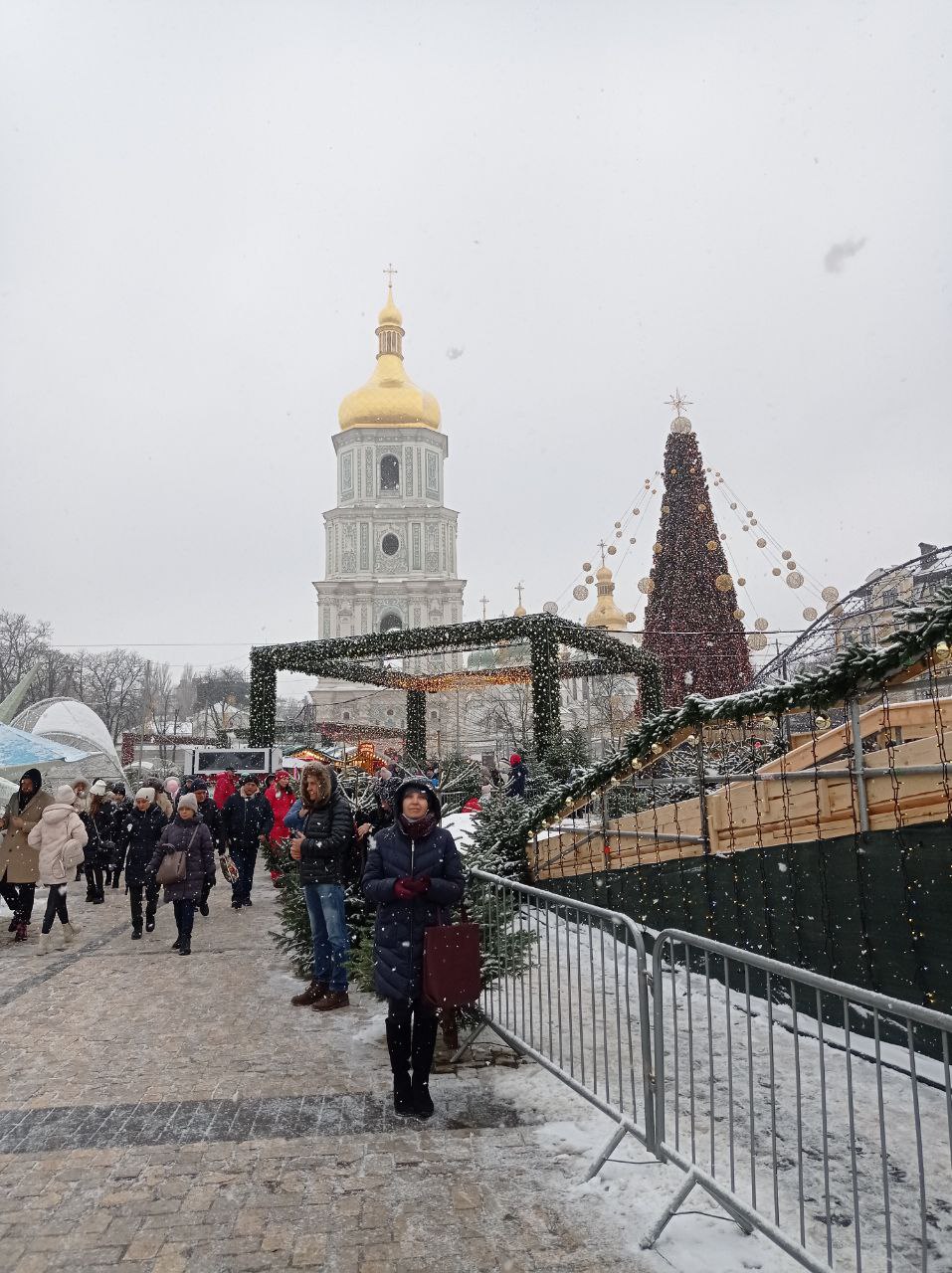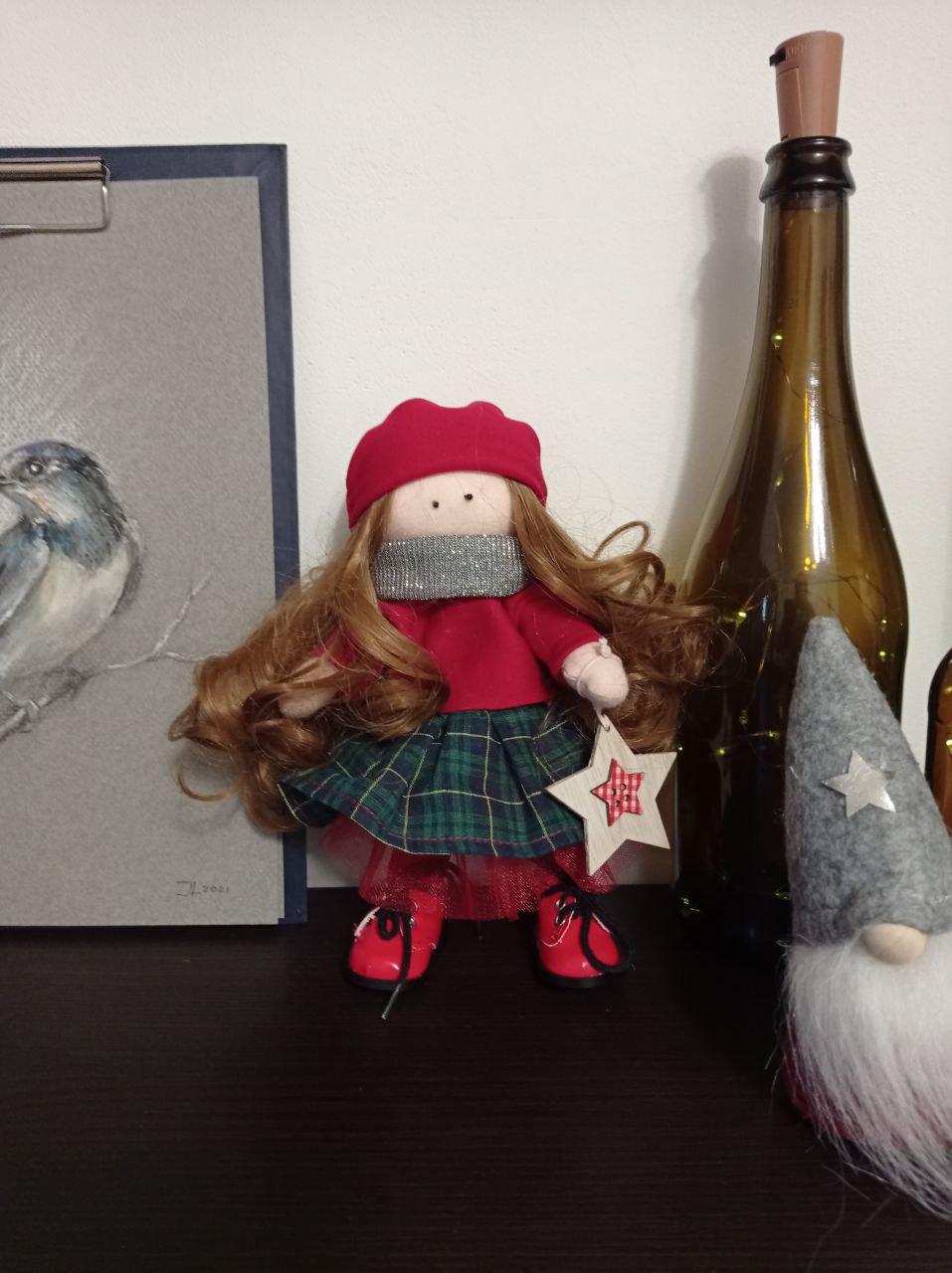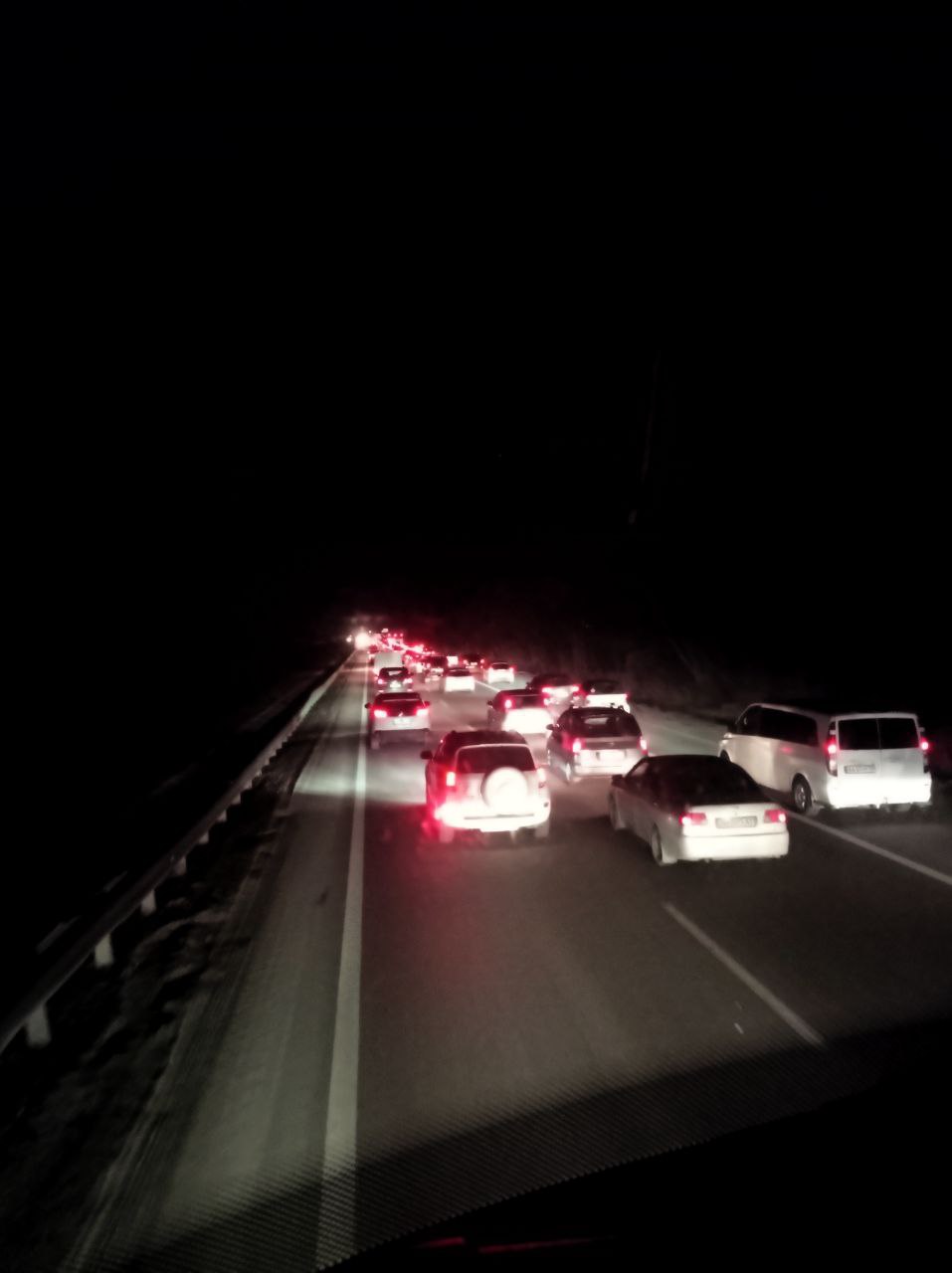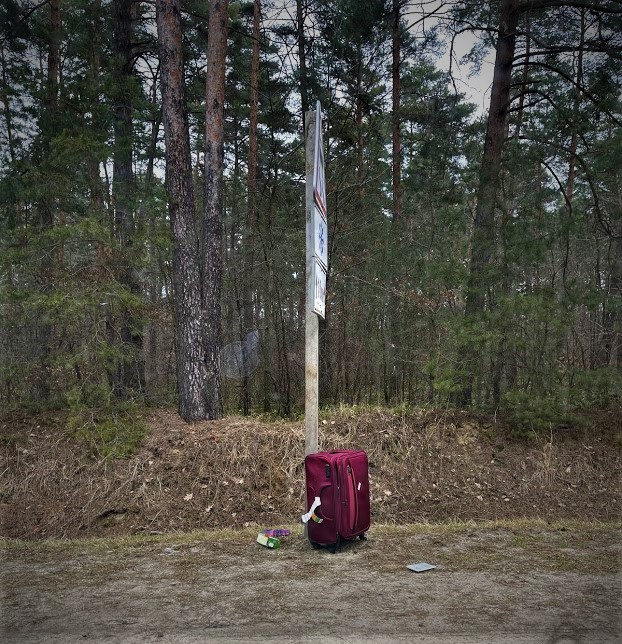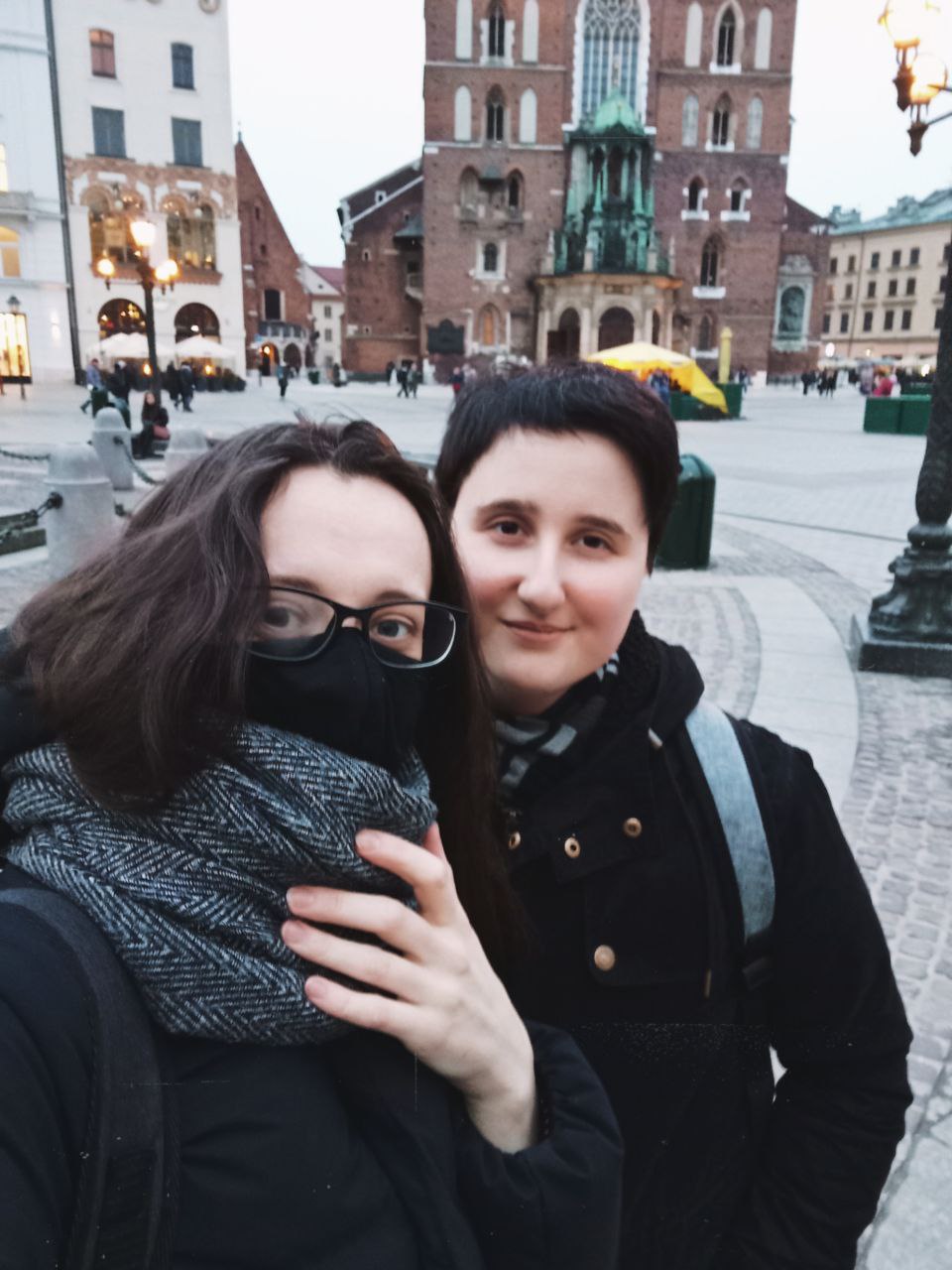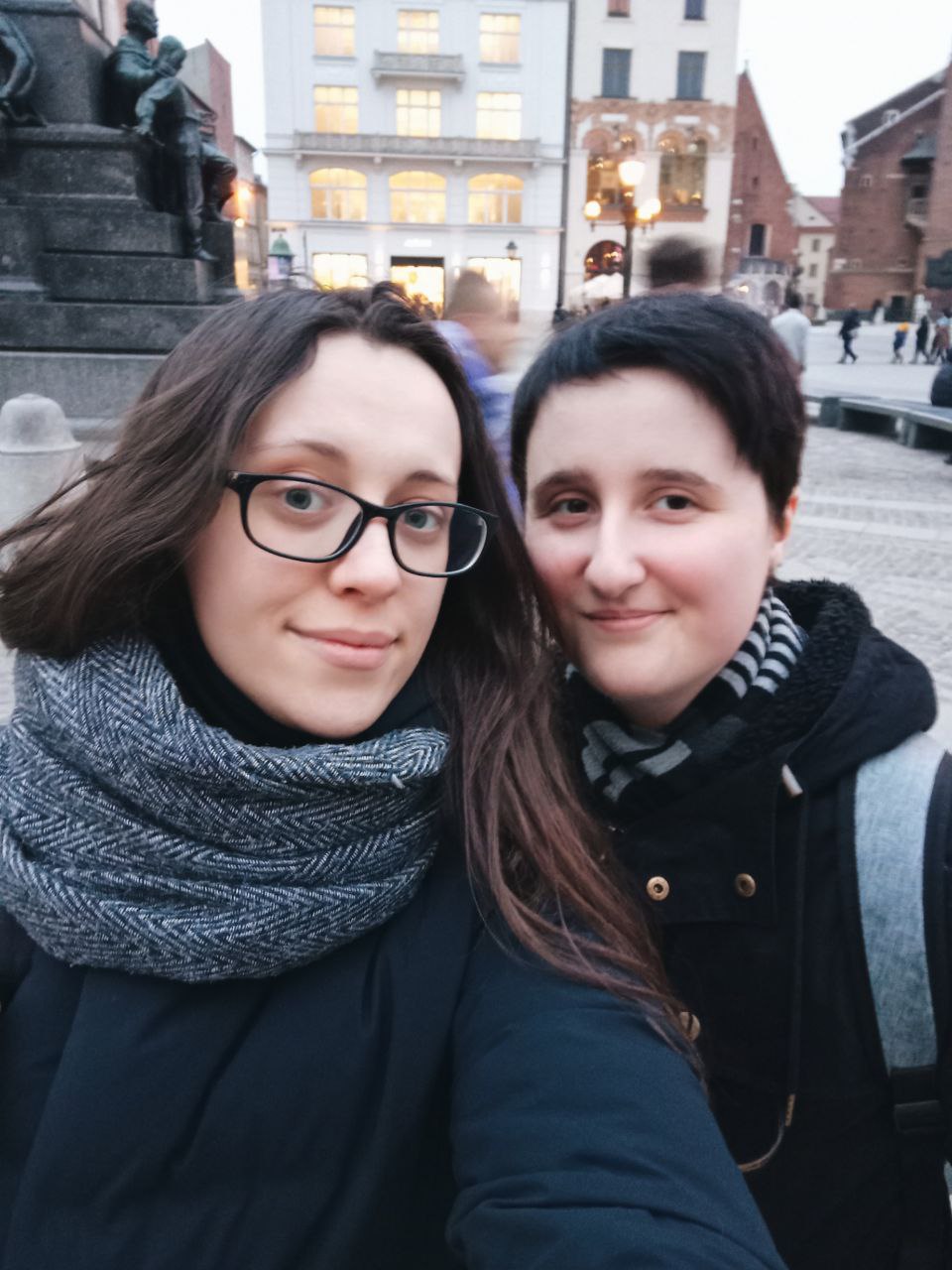Julia and Zhenya
Two people were born in Minsk, Belarus and became refugees twice within the last two years. Through different paths they landed under the same roof in Cracow.
They were trying to stop what is going on now in the country where you can be murdered in jail or die from covid and no one will know where you disappeared, where George Orwell's 1984 and books in Belarusian language are prohibited, where writers and journalist associations are liquidated as extremists and terrorists which could easily lead to a death penalty.
They were protesting and imprisoned but managed to escape.
And now they had to leave because of the war.
Each of them saw torture and death during the last couple of years. But what will they remember?
Anxiety
In some countries anxiety is not a feeling.
It is a sign that one still has contact with reality.
Listen to the Little Jack’s song before everything goes wrong
Zhenya:
Don’t know what to say. I’m 25 years old. I’m a musician and a refugee: first from Belarus, then from Ukraine.
I’m attached to the place I’ve been born and raised in, I suppose, like every human, but first of all for me home means people you want to come back to.
I’m not at all sure that I ever felt at home.
Childhood
Julia:
Well, in a way, I have many memories.
I was born in September 1993 in Minsk, but my first home was grandma’s village house.
Almost all my childhood is connected with that place because we spent every summer there.
First memories: grandma’s home
Julia:
I was born in Minsk and spent all my life there, but my parents did not. Certainly, if we talk about childhood memories, it is first and foremost the grandmother’s house.
That little village was somewhere close to Baranovichy. There was an old lord’s house. It was shared by several families because it was huge. And there was a garden, not big, next to it.
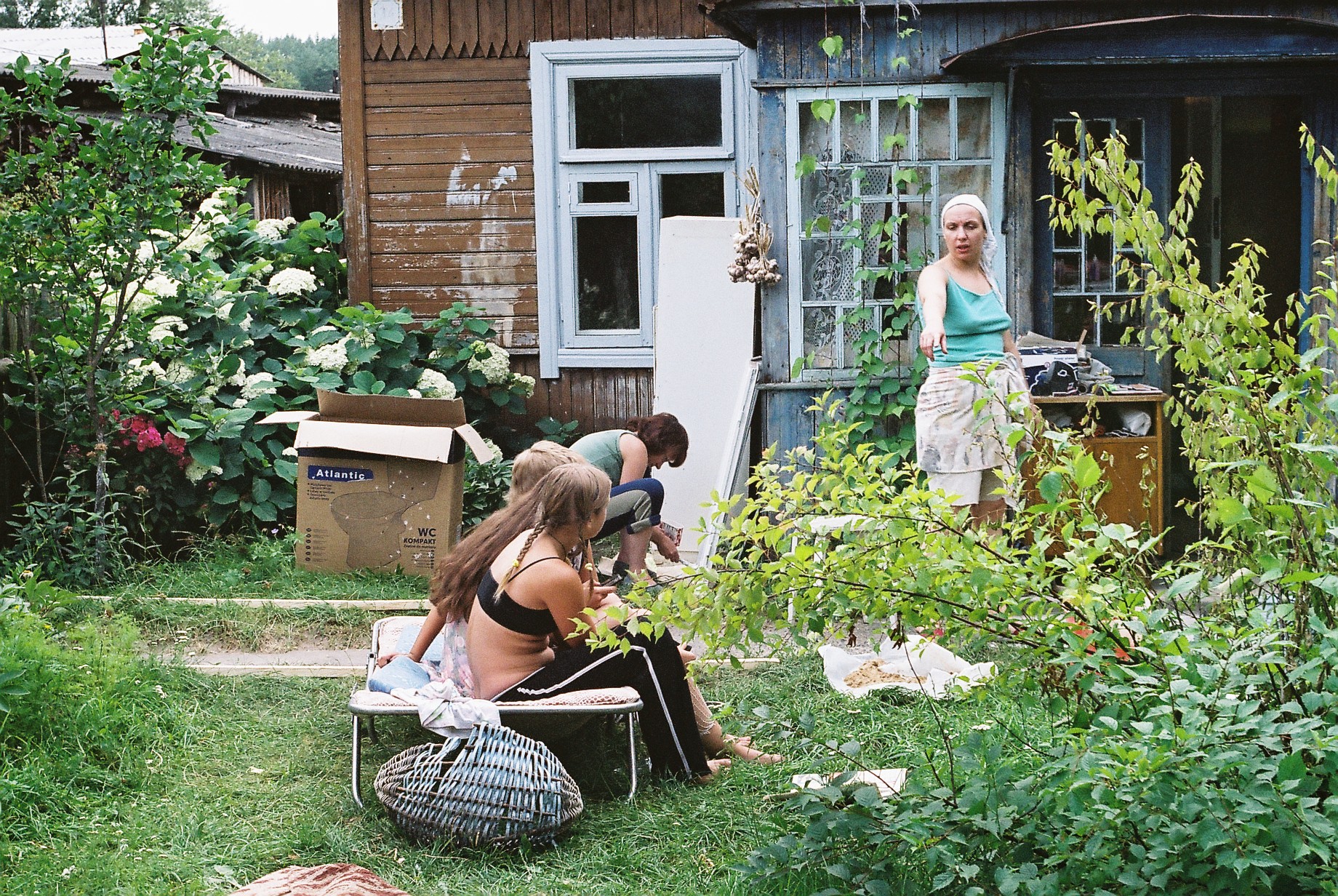
I saved a lot of memories also about places where I used to rest or spend time. Certainly, if we talk about childhood memories, it is first and foremost the grandmother’s house.
What is home for me?
Julia:
Home for me is, probably, people. But I saved a lot of memories also about places where I used to rest or spend time.
I remember
Julia:
I remember the forest, I remember the lake that was next to the house, and the river a bit further, we used to swim at.
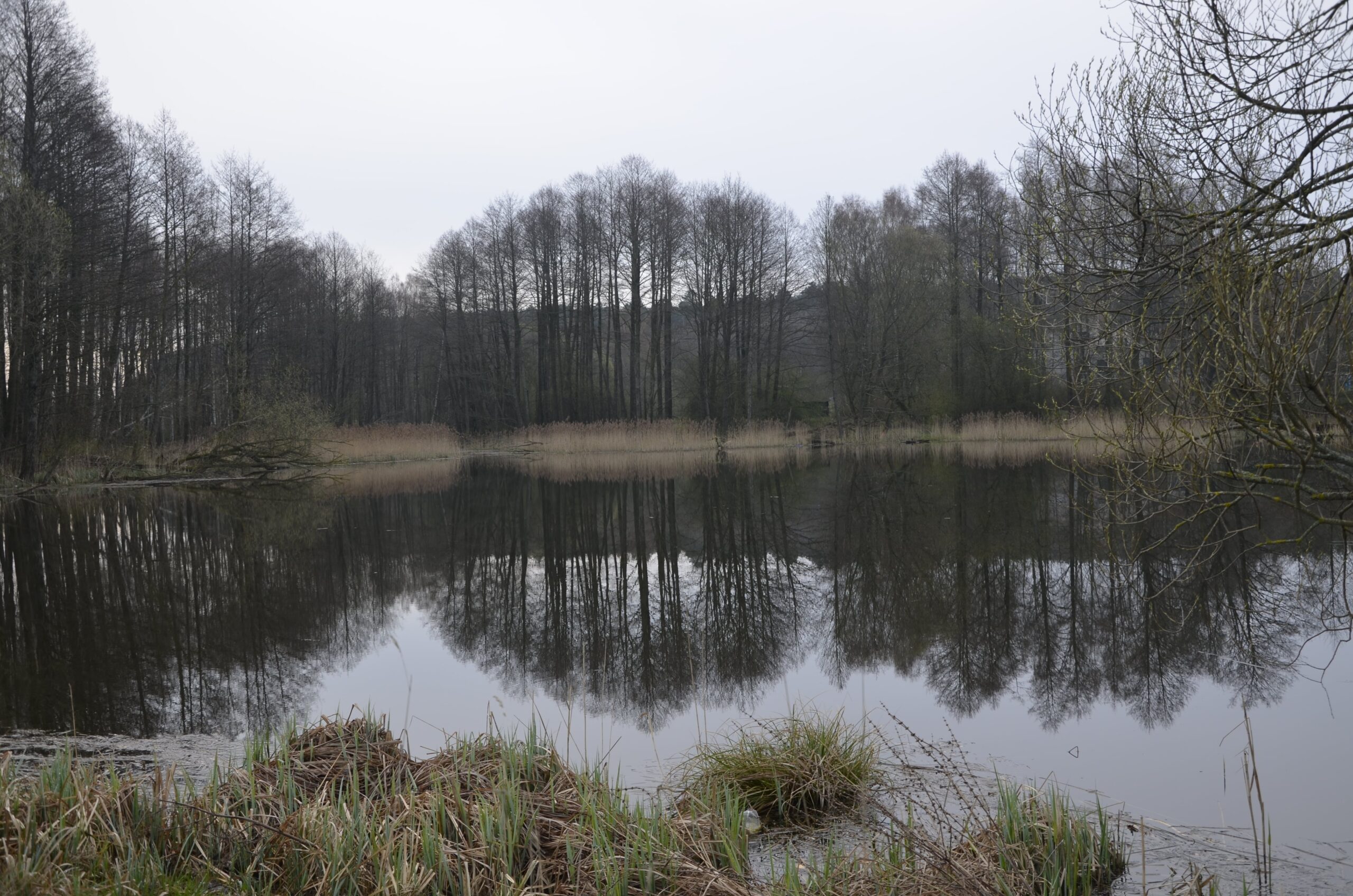
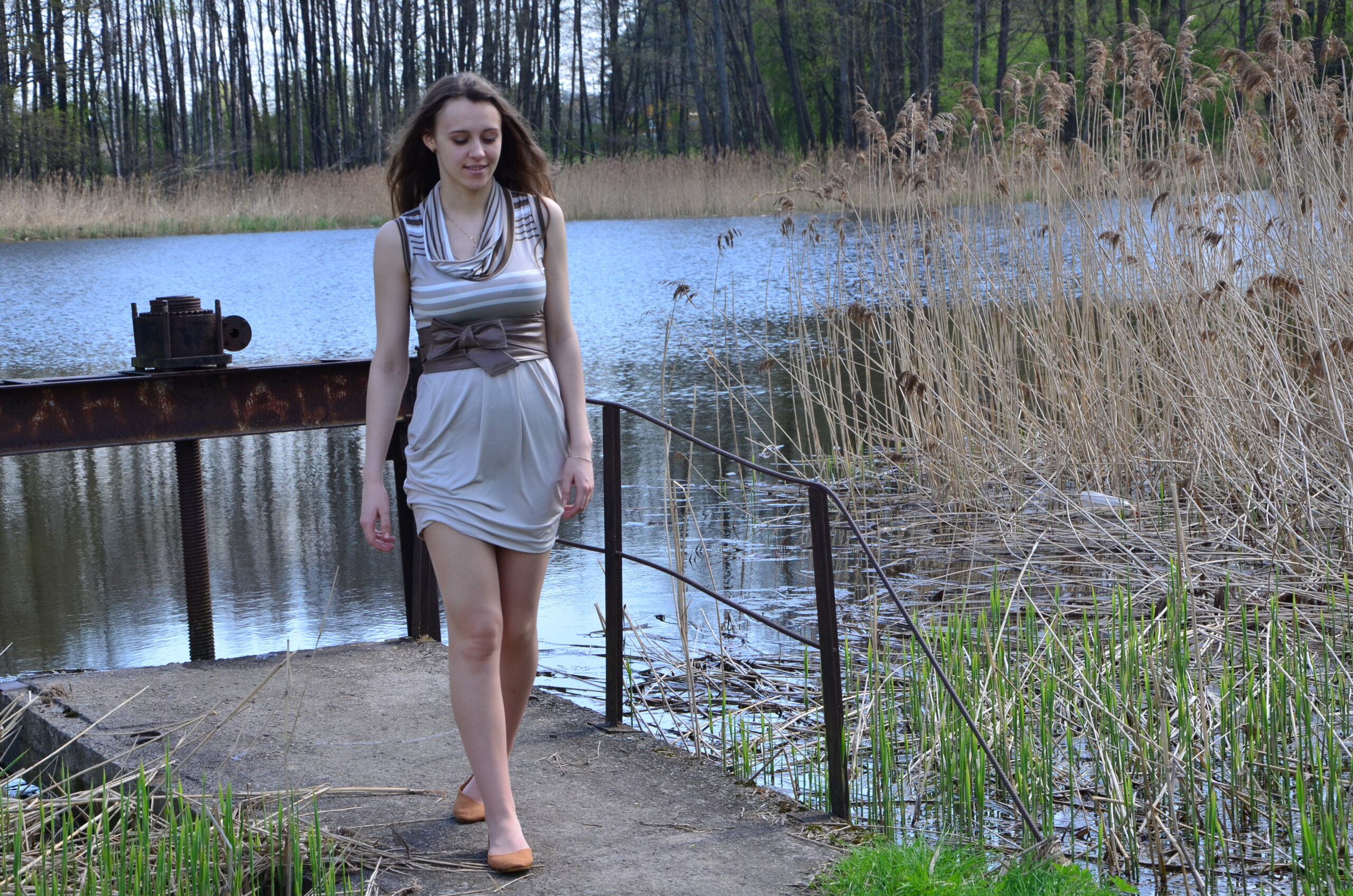
Family house
Julia:
Our house close to Minsk was such a “prolonged” house – we were building it for many years.
Unfortunately, it was not finished, but it had a garden.
And spending evenings just sitting on the porch or swinging, sitting in the garden, was really great.
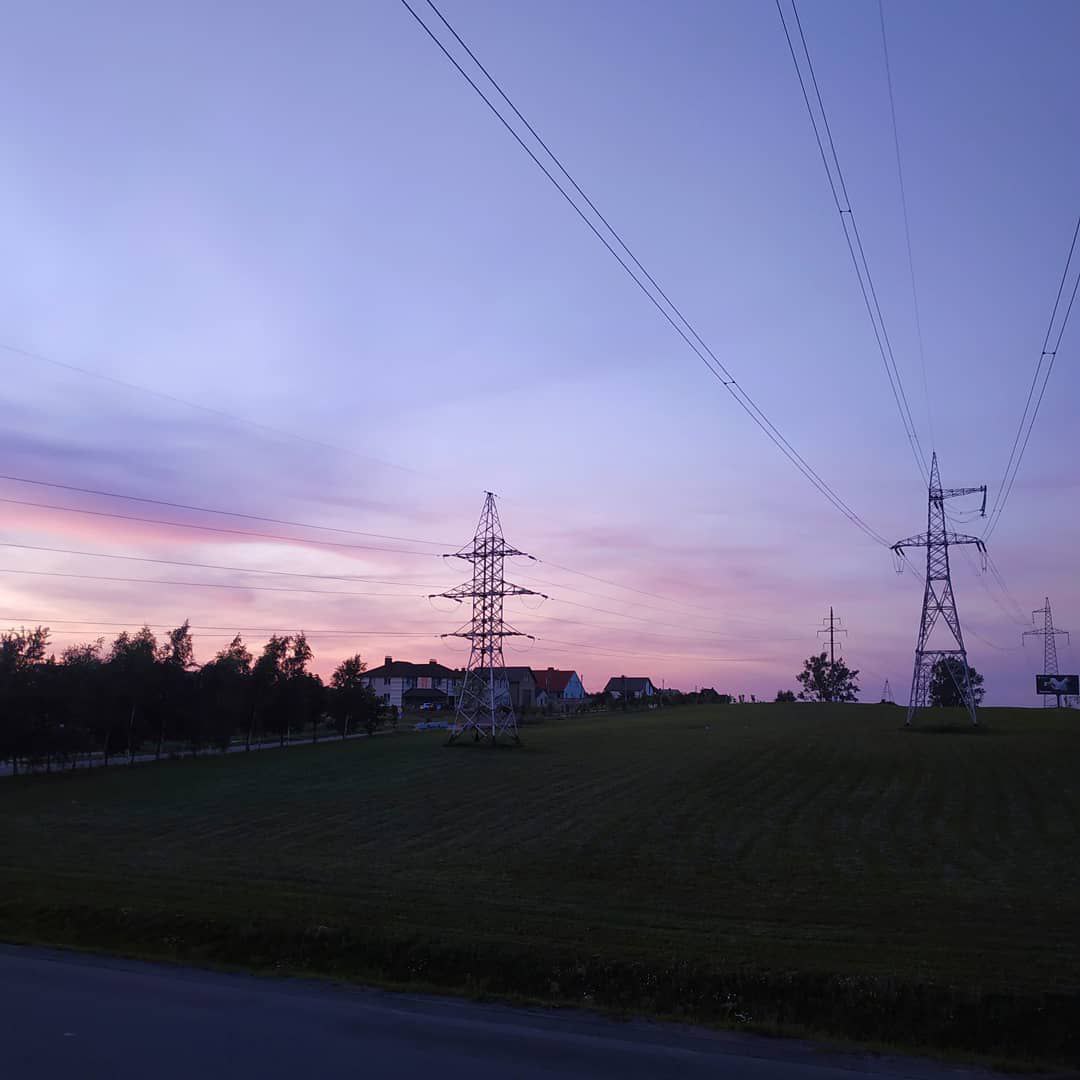
Lefted behind
Julia:
The moment I left the country, I was already prohibited from being there It was a real special operation, because I had to get as close to the border as possible by car and then walk.
I left the country secretly. Without telling … well, as it were, no one and nothing. I left my family, my cat Terra and many friends.
Anyway
Zhenya:
Even if I was feeling bad because of what was going on in my country, I was also able to feel very happy when I knew my closest ones are near, are with me, that I can see them and take care of them, and they can also take care of me. And that’s the most important thing for me.
I left not the country, I left the events of the twentieth year, the rigged presidential elections and also the protests against it.
I left because I was in danger.
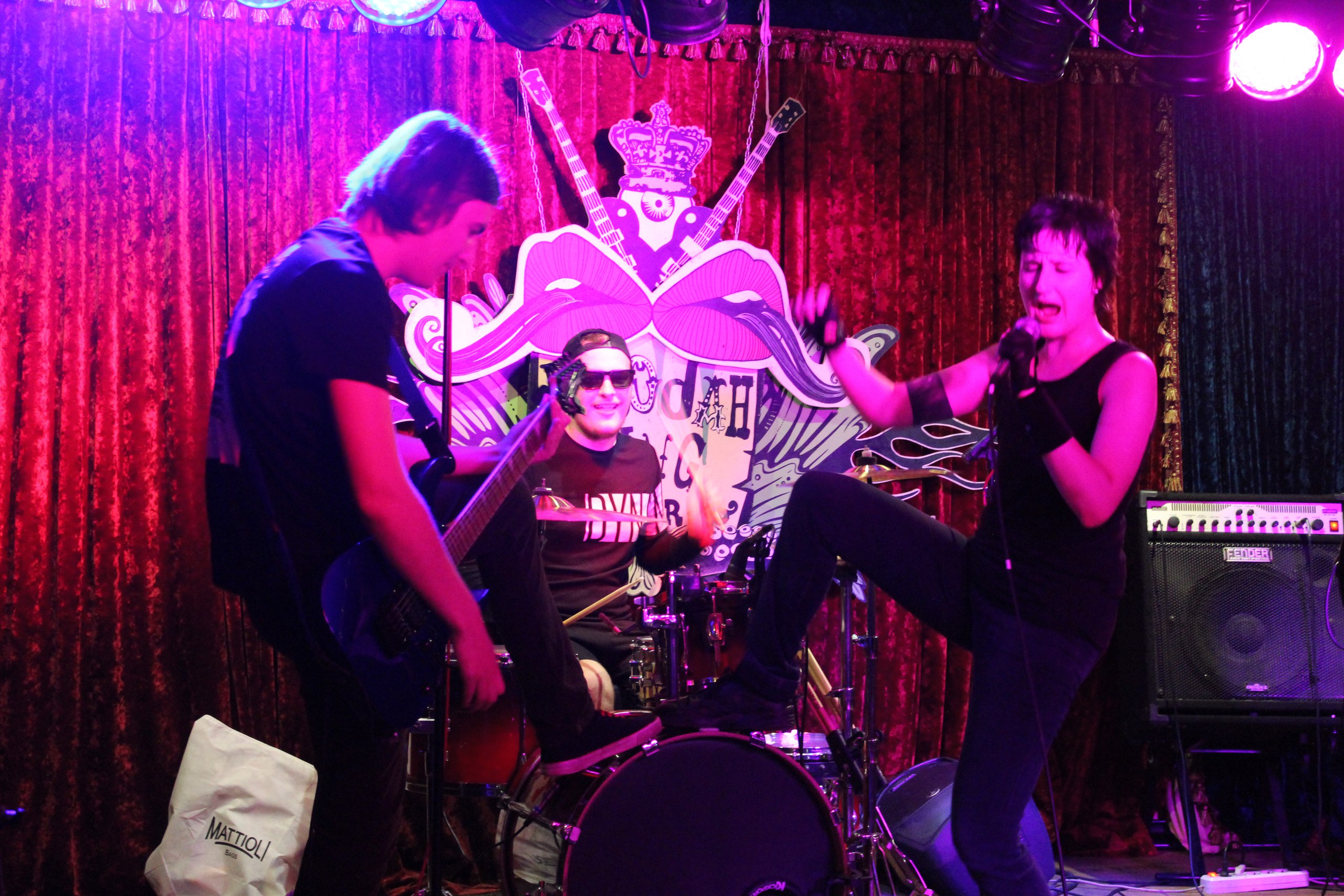
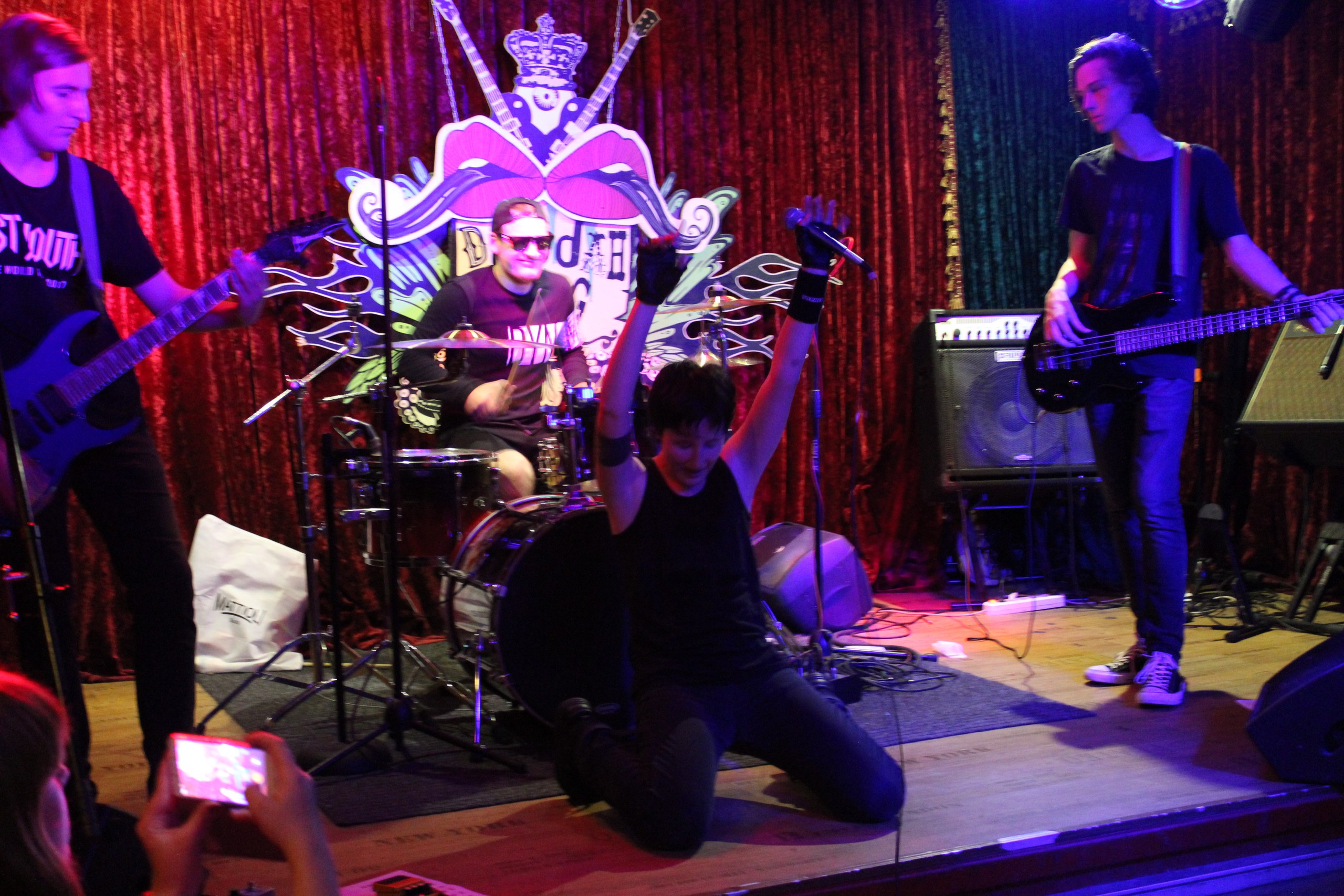
Why did I go so far?
Julia:
I was protesting in 2020. I was going there, on the streets, every time I could.
I wished we can stop all the lies, and violence against our people, to prevent the occupation, to prevent the attack on Ukraine provided from our land that no one wanted. We had no weapons, we had no chances because when we stopped working there were people from China and Russia taking our places.
People in black masks and armors tried to stop us. There was so much pain and death. But there also was so much hope. Many Belarusians had to run. But I still have hope. I want to be back. I want to make my country a safe place to live in. And I knew, that as an architect and as a person I’m still able to make constructive things for Belarus.
I know that whenever there will be a chance, I’ll come home to work hard and to live with my family.
Protests
Julia:
A criminal case was opened against me in Belarus. The case was politically motivated since at one of the protest actions, I tore off the mask of the “representative of the structures”, so to speak.
Zhenya:
It seems I had done enough for my country. And that was not unnoticed. So, I had been through a very unpleasant communication with the Belarusian security forces… At some point, I realized that I could not stand the feeling of constant danger.
In Kiev
Julia:
I had some warm clothes just so I wouldn’t freeze, a laptop and a small amount of money. That’s exactly what I got to Kiev with.
I spent close to a year in the capital of Ukraine. During that time, I found a flat, started to feel alive, and even managed to find a job for the future… as soon as they let me work according to the law… I’ve planned to get permission to work.
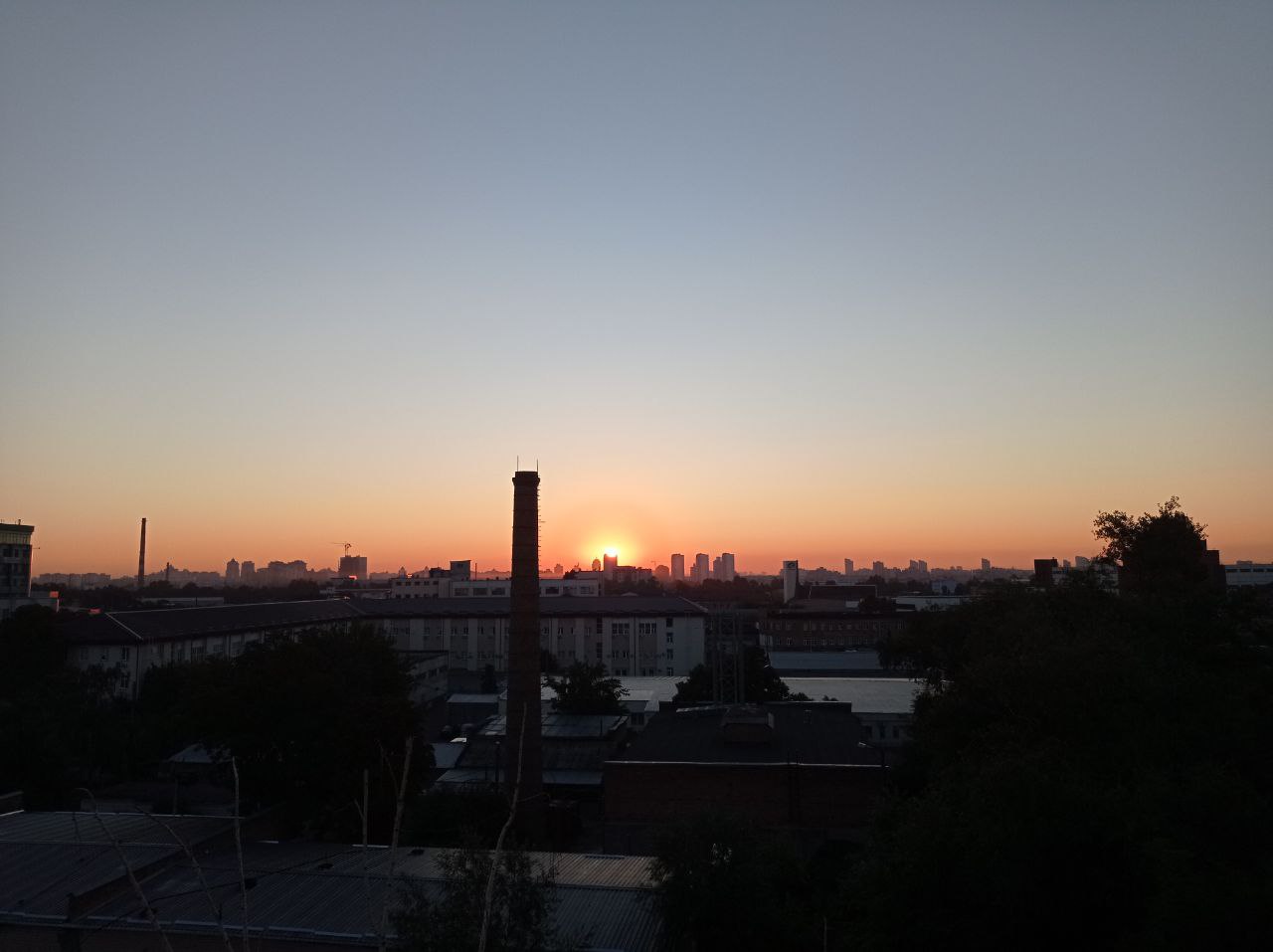
Kiev’s room
Zhenya:
In Belarus, I realized that my chances of staying free or at least safe and sound when we talk about basic mental and physical health, are close to nothing.
I knew also that migration is about the fact that you will remain a stranger to people who were born and raised in this country. Always. No matter how much you try there, no matter how well you know the language, no matter how well you know what is happening in the country, you will feel like a stranger anyway.
Actually, in Kiev it was much safer for me than in Minsk. I stopped at a nice place, my friends helped me to find it, and I played music on the Torvald fest.
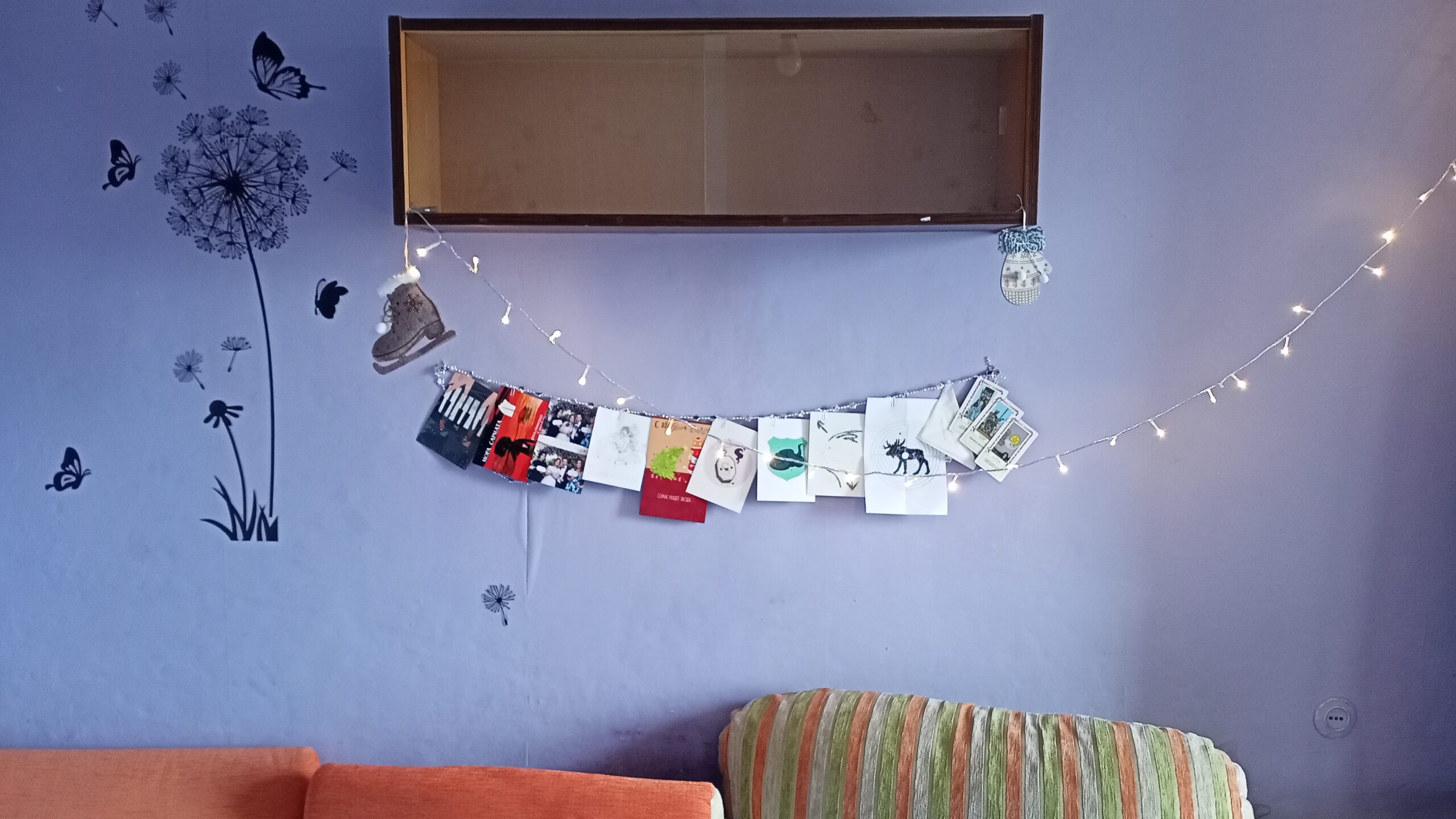
How is it to meet your mom?
Julia:
2 years later I saw my mother for the first time I left my home. She came to Kiev and brought me her handmade doll as a present. When the war started, I didn’t manage to take the doll with me, I had no real time to pack, just running away from death. My friend managed to get it out from my flat in Kiev later.
I miss my mom and want to live with my family. I just want to get back home.
The war started
Julia:
It was scary, when for the first time in a couple of days I got out to the streets, tried to get to my friends, and the bus just stopped at some point, and they didn’t throw us out, but we just got off because it was not moving.
The road was blocked, simply dead people were laying under the bridge.
I don’t know who the people were. I’m not good at recognizing uniforms or marks. But it was hard to see. Even… even if you look from the distance, it’s hard. This very day I decided to go. And I just went… just went to the station, not knowing if I will be able to leave from it or not…
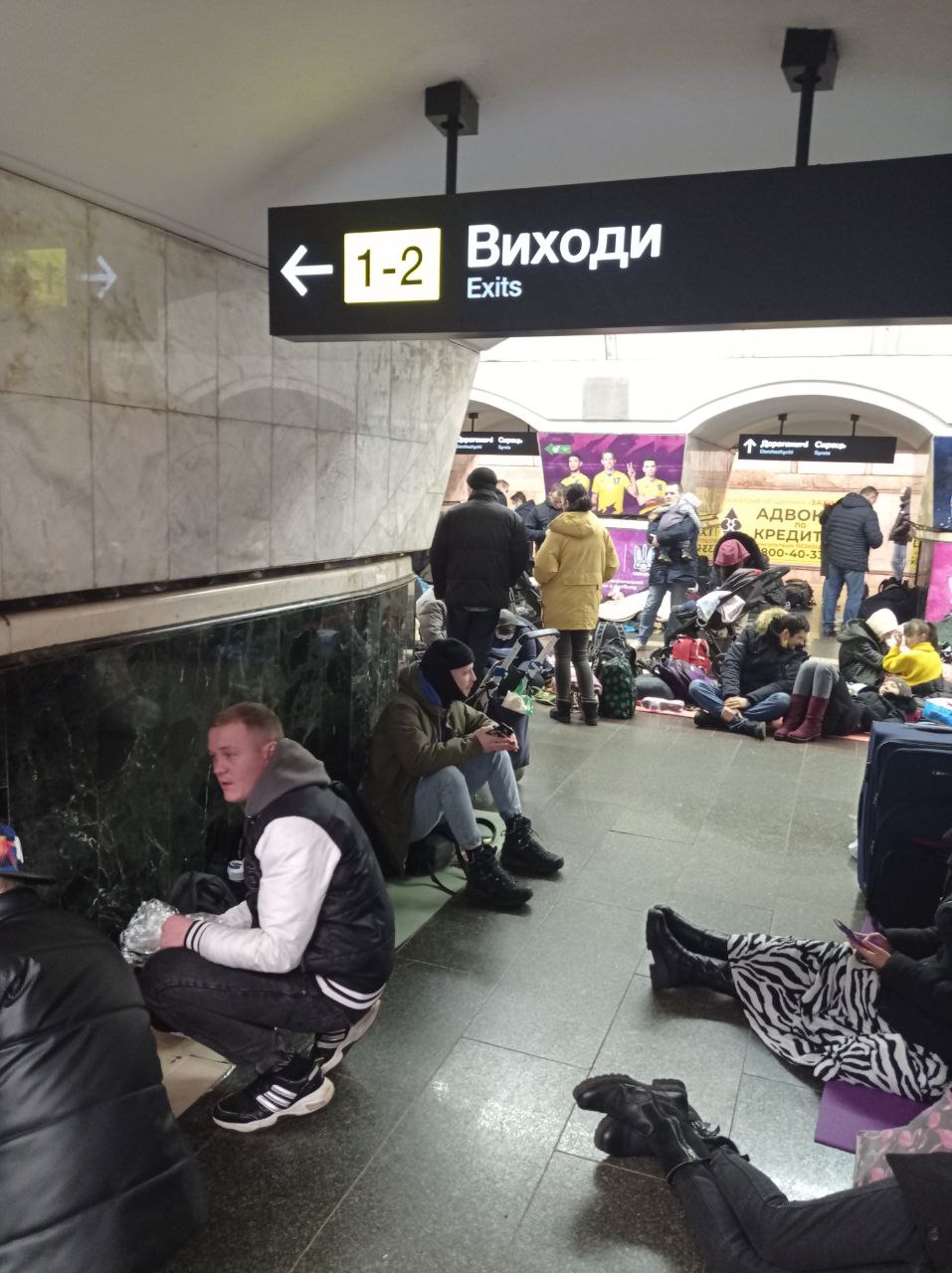
From the war to Warsaw
Julia:
There was a jammed Ecolines bus ready to go. Paying a lot, really a lot, I was lucky to get a ticket.
I was leaving with no passport because I had applied for protection in Ukraine and it was impossible to get it back, so I was leaving without it. In fact, it stayed there. It is still in Kiev in the territorial division of the migration service on conservation. And driving to the border, I was most afraid that they would not let me go without papers, no documents.
We were stuck in traffic for a while, but anyway it was the Lite-version of how people were moving across the boarder, so I can’t say I had the worst.
While driving, I wrote to volunteers, just to different people I found in Telegram chats. I can’t tell from which organizations those people were, but they picked me up at the border, the border of Ukraine and Poland, and brought me to the place they found for me to stay for a couple of days. It was Warsaw. I was there for a couple of days.
Train to Poland
Zhenya:
The road from Ukraine was very difficult and scary. I traveled for several days from Kyiv to the Polish border in Przemysl and then to Krakow.
At first, I managed to get to Lviv by bus organized by the Belarusian Initiative, which supported Belarusians leaving Ukraine because in fact, well, almost no one supported the Belarusians leaving Ukraine… we know for what reasons…
It was not possible to reach the border, because we were informed in advance that there were traffic jams for tens of kilometers – and it was simply impossible to pass. People slept in cars. Therefore, we had to go to Lviv, to stay there.
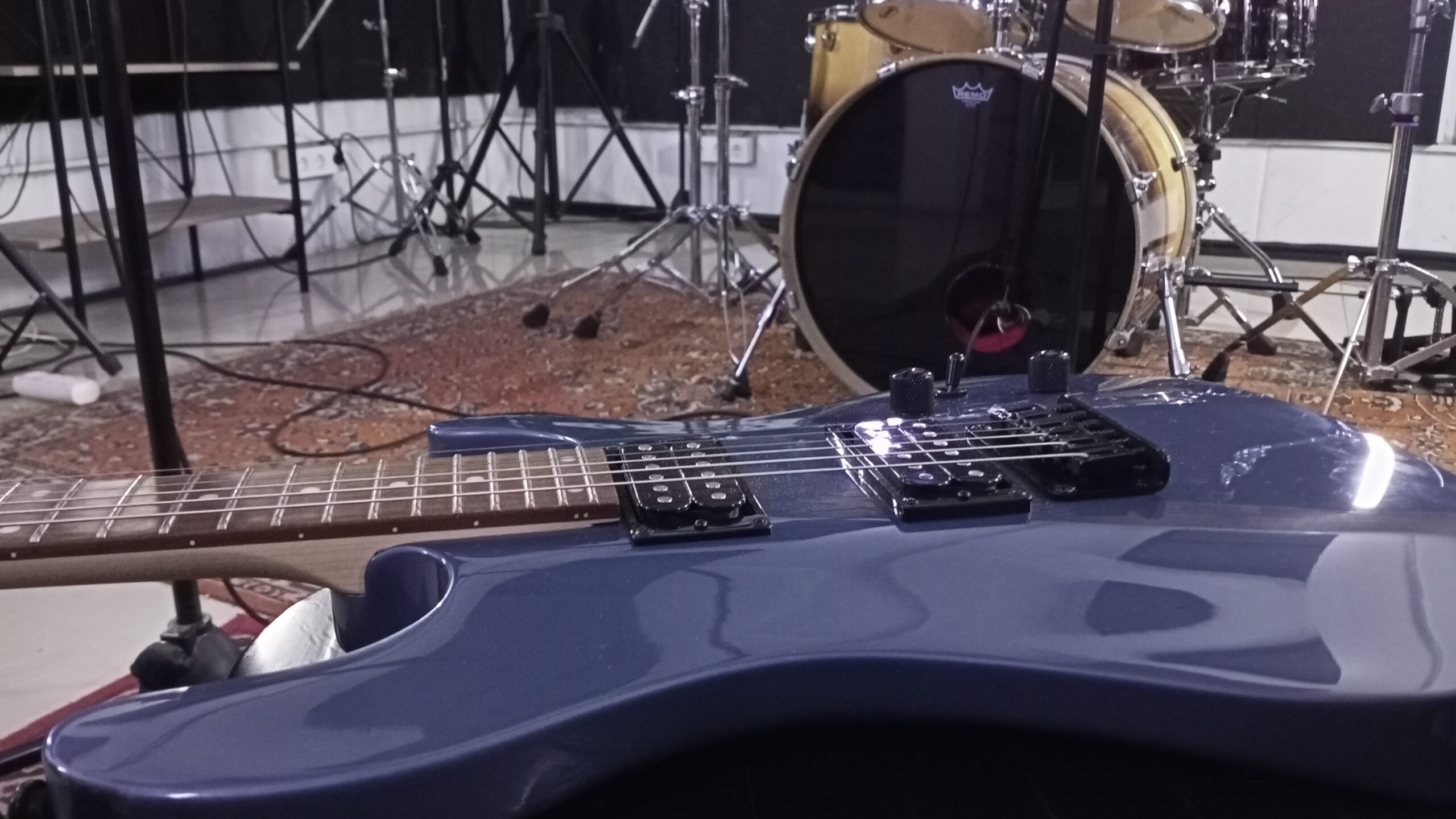
Things I really did not want to lose.
Zhenya:
Some people tried to force their way into the train going to Poland.
Women and children were loaded onto the trains, some men also got there, but most often by accident if they were very lucky. But most of the people really remained on the platform after the train departed, because it was impossible to get through to it. After we spent the night at the station, we managed to get on the train… We managed to get on the train at the very last moment, literally before the doors closed. And it was very scary.
It was scary because the people who were trying to get on the train went crazy, they pushed others, practically pushed them onto the tracks. And the police were very hard on people.
I had things with me that I really did not want to lose. I was traveling with a suitcase in which there was a small synthesizer. I also had a case, a case with a guitar. And I really didn’t want to lose those things. Although I was afraid that I would have to leave it all on the platform just to get on the train.
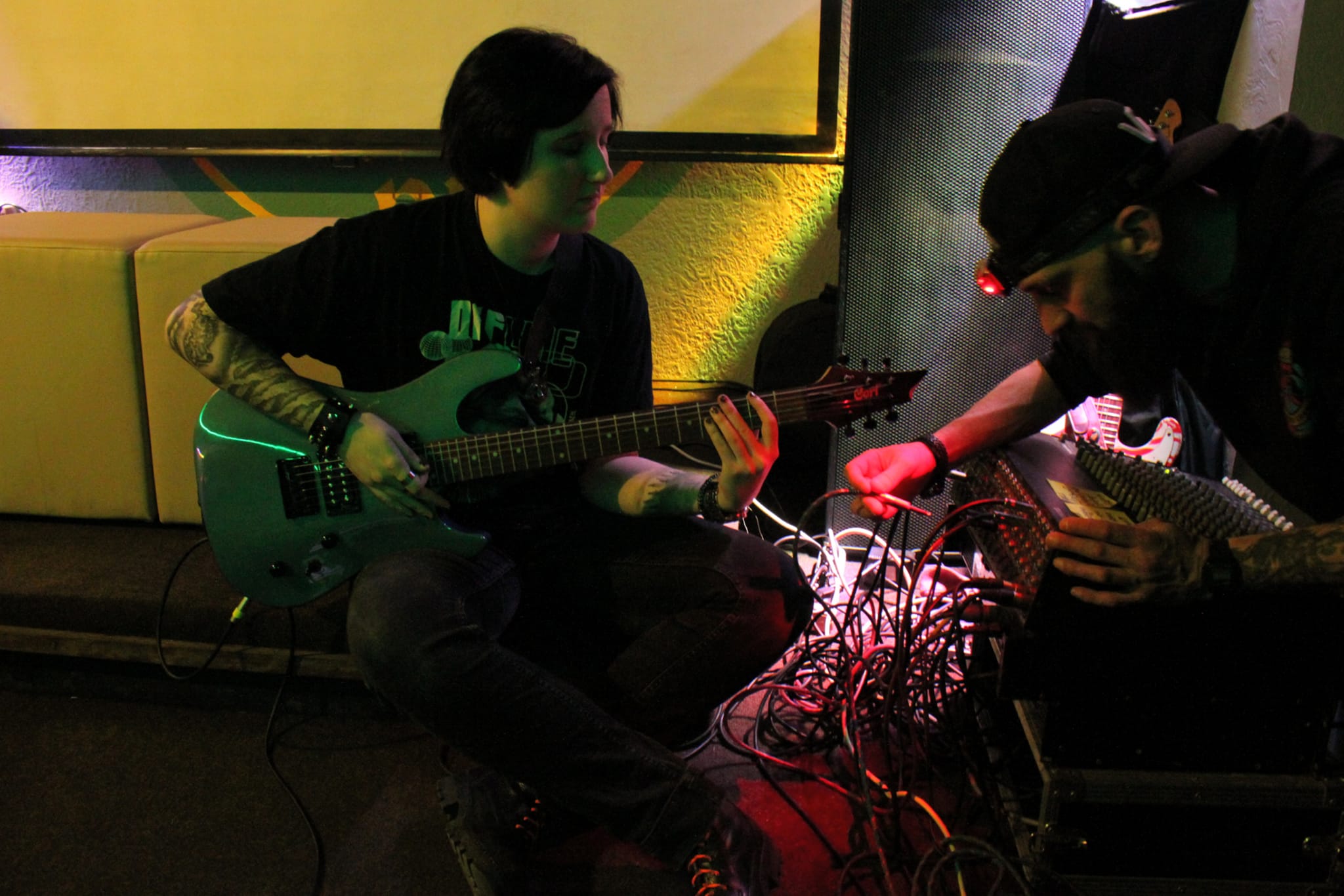
Cold road
Zhenya:
But we got ontp the train going to Przemysl. Again, about two days. It was very cold there. And there was no place to sit. And if it were not for the volunteers who brought us hot food, tea, coffee the next day in the parking lot, we would just… I don’t know how we would be. How would we get out of there. No doubt we would have survived this trip. But that would be even worse.
My story
Julia:
This is my story that I can share.
I have not told everything, and I don’t want to remember everything.
I don’t want people to suffer. I never wished those things to happen to me, so let them be only my past.
How to tell you what I saw
Zhenya:
Whenever I said I’m from Belarus, I saw how smiles slipped from people’s faces.
And at some point, I just stopped mentioning it to not see such a reaction.
In Poland, I would not be able to be without someone else’s help, probably. I was taken from Przemysl to Krakow. And in Cracow I was sheltered by a friend.
And if not for this fact, I think I would not have found a flat, because due to the influx of refugees in Poland from Ukraine it is almost impossible to find a place. In addition, they do not want to rent to Belarusians and Russians… for obvious reasons…
It seems to me if there hadn’t been that help… I don’t know where I would go in Poland, I don’t have anyone in Poland.
Nobody wants to take on such a responsibility: just take on a person who does not have the opportunity to work, does not have a way to pay for housing, to buy yourself food or something like that.
They helped me, people, who cared about me. They transferred money – and it’s just amazing, this is such help that I did not expect to receive.
I understand how a house should look in a broad sense. I think I will find my home if I find people who want to come back every day from work. And it has nothing to do with geography.
What is now, what is next?
Are Julia and Zhenya safe here?
They can still smile.
At least, they are trying their best.
